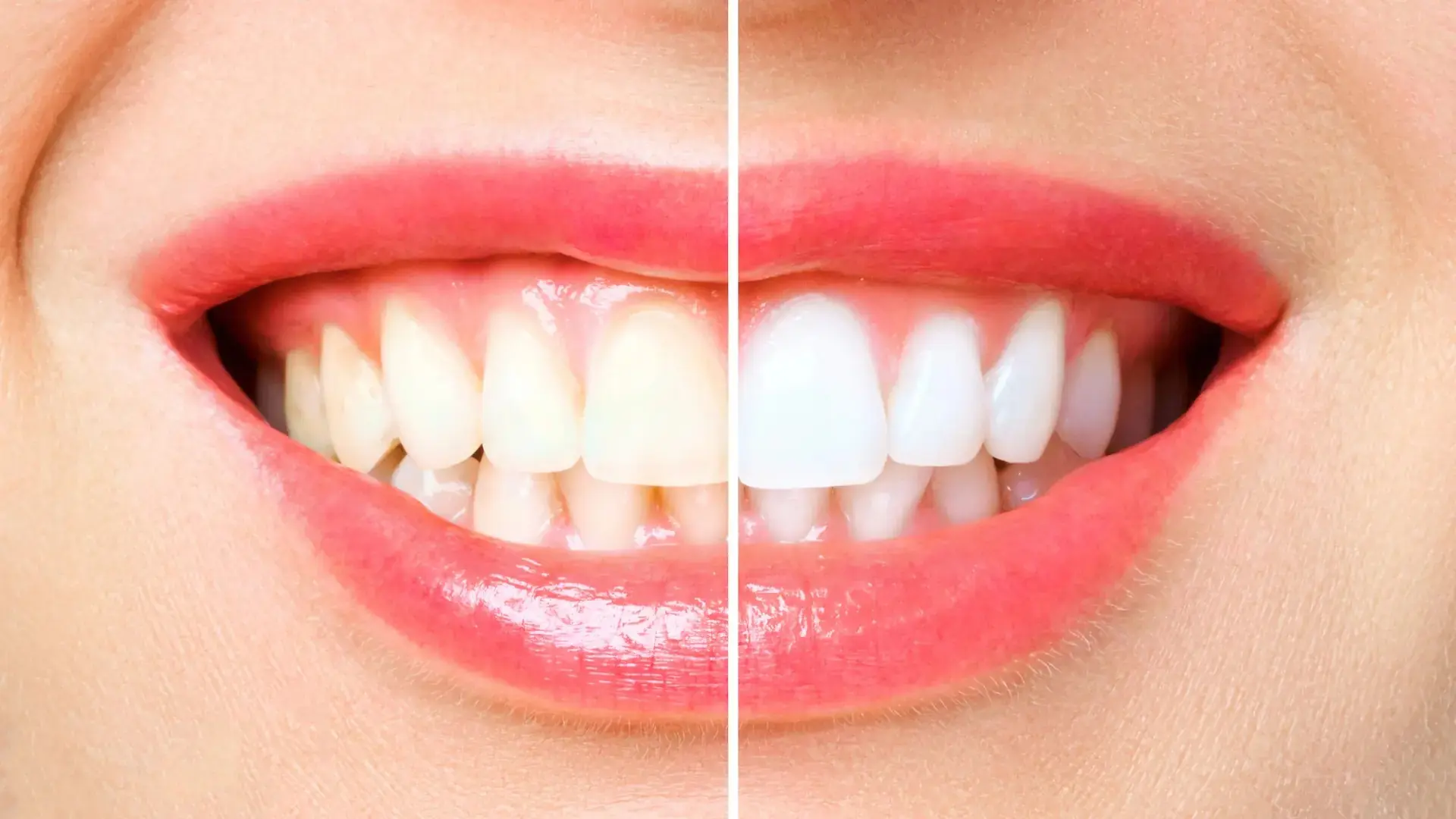
The #1 Way To Stop Bloating Fast

Bloating isn’t just about a puffy belly or a tight waistband after a big meal. When your gastrointestinal tract fills with gas or air, it can make your stomach feel swollen, tight, uncomfortable, or even painful.
An occasional bloat after indulging in pizza or soda? Probably nothing to worry about. But if you’re feeling bloated frequently—especially after regular meals or even on an empty stomach—it could be your body warning you that something deeper is off.
In fact, chronic bloating is often tied to gut issues such as bacterial overgrowth, yeast imbalance, or digestive dysfunction. In some cases, it could even hint at autoimmune conditions, nutrient malabsorption, or more serious health concerns like cancer.
So, how do you know if your bloating is just a dietary hiccup—or something worth investigating? Let’s break it down.
🎯 Why You Should Never Ignore Chronic Bloating
Persistent bloating is more than a nuisance. It can indicate:
-
Food sensitivities or intolerances
-
An inflamed or “leaky” gut
-
Poor digestion due to enzyme or acid deficiency
-
Infections like H. pylori
-
Gut imbalances like SIBO (Small Intestinal Bacterial Overgrowth) or Candida overgrowth
-
Liver or gallbladder dysfunction
These issues not only affect your digestion but can also lead to allergies, skin conditions, fatigue, autoimmune disease, and in rare cases, even digestive cancers.
In this guide, we’ll walk through the 5 root causes of bloating, how to identify them, and natural ways to fix them. Stick around until the end—we’ll also reveal the #1 method for instant bloating relief.
🧪 Root Cause #5: Low Stomach Acid (Hypochlorhydria)
You might assume bloating comes from having too much stomach acid. But in many cases, the opposite is true: you may not have enough.
Your stomach relies on hydrochloric acid (HCl) to properly break down food. When acid levels drop:
-
Food lingers in the stomach too long
-
It begins to ferment and feed bad bacteria
-
This causes excess gas, belching, bloating, and indigestion
Over time, this imbalance can invite H. pylori—a harmful bacteria linked to ulcers, gastritis, and even stomach cancer.
🚨 Symptoms of Low Stomach Acid:
-
Bloating shortly after meals
-
Iron deficiency anemia
-
Fatigue and poor appetite
-
Bad breath or body odor
-
Undigested food in stool
-
Nausea or feeling full quickly
🧬 Common Causes:
-
Stress and anxiety
-
Aging
-
Processed foods
-
Antibiotic or antacid use
-
H. pylori infection
🔬 Try This DIY Stomach Acid Test:
-
Mix ¼ tsp baking soda in 4–6 oz cold water.
-
Drink first thing in the morning before food or drink.
-
Time how long it takes you to burp.
-
Less than 3 minutes? Normal acid levels.
-
Over 5 minutes? Likely low stomach acid.
-
🌿 Natural Solutions:
-
Betaine HCl (taken with meals, under guidance)
-
Digestive bitters before meals
-
Apple cider vinegar diluted in water (1 tsp)
-
Slow down while eating; chew thoroughly
🟢 Root Cause #4: Poor Gallbladder Function
Your gallbladder is small, but mighty. It stores bile, which is essential for digesting fats and absorbing fat-soluble nutrients like vitamins A, D, E, and K.
If your bile flow is sluggish or your gallbladder isn’t working well, eating fatty meals can cause:
-
Bloating or gas
-
Nausea after eating
-
Pain in the upper right abdomen
-
Clay-colored stools or floating stool
🍳 Foods That May Trigger Gallbladder Bloating:
-
Fried foods
-
Butter, oils
-
Eggs
-
Red meats
-
Nuts and seeds
🌿 Herbs to Support Gallbladder Health:
These bitter herbs stimulate bile production and improve fat digestion:
-
Ginger
-
Turmeric
-
Dandelion root
-
Arugula and endive
-
Fennel and cumin
-
Milk thistle
-
Parsley and cilantro
-
Mint and yarrow
Try drinking digestive herbal teas 20–30 minutes before meals to reduce post-meal bloating.
🦠 Root Cause #3: SIBO (Small Intestinal Bacterial Overgrowth)
In a healthy gut, the small intestine has relatively few bacteria. But sometimes, bacteria from the colon migrate and overgrow in the small intestine.
This condition, called SIBO, leads to excessive fermentation of food—especially carbs—causing:
-
Bloating within 30 minutes of eating
-
Gas and abdominal pain
-
Diarrhea or constipation
-
Heartburn
-
Nutrient deficiencies
-
Brain fog and fatigue
⚠️ What Causes SIBO?
-
Antibiotic use
-
Low stomach acid
-
Slow gut motility
-
Abdominal surgeries or scar tissue
-
Acid-blocking drugs (PPIs)
-
Chronic stress
🧪 Try This At-Home “Broccoli Test”:
Eat a bowl of steamed broccoli and note symptoms over the next 3 hours:
-
If you experience bloating, cramping, or reflux, your body likely isn’t breaking it down properly—hinting at SIBO or enzyme deficiency.
🥦 Solution: Low-FODMAP Diet
Reduce fermentable carbs for 4–6 weeks:
-
Avoid: Wheat, dairy, onions, garlic, beans, lentils, cauliflower, and apples
-
Focus on: Zucchini, carrots, cucumbers, spinach, and protein
For long-term healing, work with a practitioner to use herbal antimicrobials or probiotics tailored for SIBO.
🍞 Root Cause #2: Candida Overgrowth (Yeast Imbalance)
Candida albicans is a yeast that lives harmlessly in your gut—until it doesn’t. When it overgrows, it can release toxins into the bloodstream and trigger body-wide symptoms.
📌 Common Signs of Candida Overgrowth:
-
Bloating and gas
-
Sugar cravings
-
Brain fog
-
Fatigue or low motivation
-
Athlete’s foot or toenail fungus
-
Rashes, eczema, or yeast infections
-
Mood swings, anxiety, or depression
Candida thrives on sugar and processed carbs, especially when combined with:
-
Antibiotic overuse
-
A weak immune system
-
Birth control pills
-
Alcohol or high-sugar diets
🛑 What to Do:
-
Starve the yeast – Cut sugar, refined carbs, and alcohol
-
Kill the overgrowth – Add antifungal foods:
-
Garlic, ginger, clove, cinnamon
-
Coconut oil
-
Apple cider vinegar
-
Cruciferous vegetables (broccoli, kale, cabbage)
-
Wild-caught salmon
-
-
Rebuild your gut lining – Use bone broth, L-glutamine, and fermented foods
🚫 Root Cause #1: Food Sensitivities
Many people are unknowingly bloated due to hidden food intolerances. This is different from a food allergy (which causes an immediate reaction).
Food sensitivities cause low-grade inflammation, leading to:
-
Digestive upset
-
Skin issues like acne or rashes
-
Brain fog and fatigue
-
Joint pain
-
Immune imbalance
🔍 Common Culprits:
-
Dairy
-
Gluten or wheat
-
Eggs
-
Corn
-
Soy
-
Shellfish
-
Peanuts
-
Artificial sweeteners
-
Nightshades (tomatoes, peppers, eggplant)
📝 How to Detect Them:
Try an elimination diet:
-
Remove all common trigger foods for 2–3 weeks.
-
Reintroduce one food at a time over 3 days.
-
Track symptoms like bloating, headaches, skin issues, or fatigue.
This method is simple but powerful—and often reveals surprising triggers.
💨 Quick Fix: The #1 Way to Instantly Relieve Bloating
If you’re feeling bloated right now, the fastest way to reduce symptoms is with activated charcoal.
🧲 What It Does:
-
Charcoal is “activated” by heating it to increase surface area
-
It traps gas, toxins, and chemicals in the gut and helps carry them out
-
It’s even used in emergency rooms for drug overdoses or poisonings
⏱️ How to Take It:
-
Take 500–1000 mg on an empty stomach with a large glass of water
-
Wait at least 2 hours before or after food, medications, or supplements
-
Don’t use daily—it’s for occasional use only
⚠️ Possible Side Effects:
-
Black stool or tongue
-
Constipation
-
Interference with nutrient absorption
Charcoal is not a cure, but it can be a helpful rescue tool when gas and bloating hit hard.
🧘 Final Thoughts: Heal Your Gut, Heal Your Life
Your gut is your second brain. Bloating isn’t just a surface-level annoyance—it’s your body’s alarm bell that something deeper needs attention.
By uncovering the root causes and using targeted natural solutions, you can finally beat the bloat, feel lighter, and restore your energy.
Start by tuning in to your body, removing irritants, and supporting your digestion. You don’t have to suffer silently—and you don’t need harsh meds to feel better.
News in the same category


What Happens to Your Body When You Stop Eating
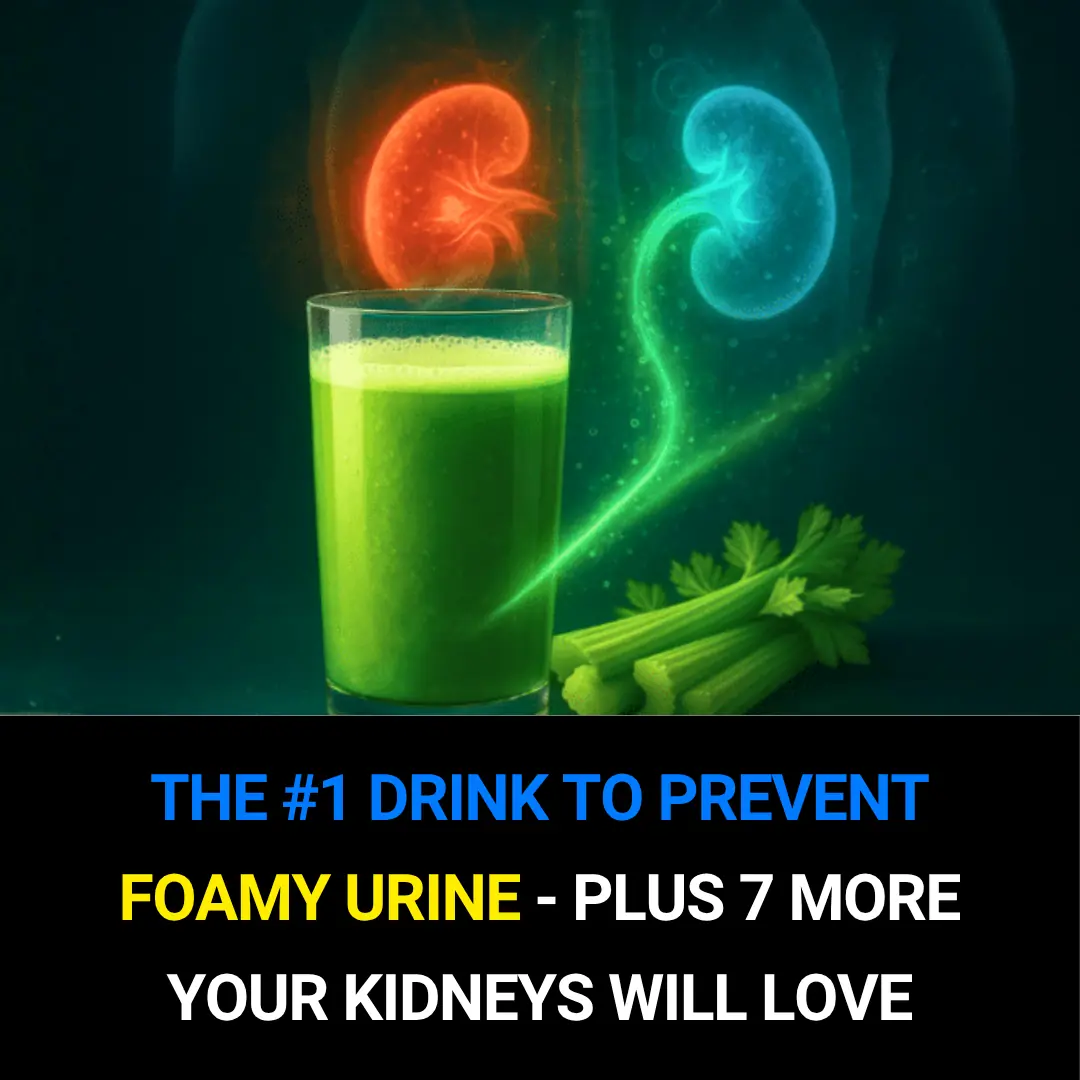
The #1 Drink to Prevent Foamy Urine — Plus 7 More Your Kidneys Will Thank You For
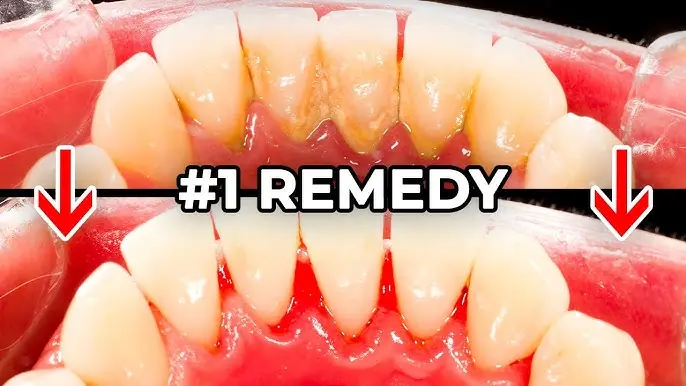
The #1 Most Effective Remedy for Dental Plaque (And How to Beat Tartar at Home)
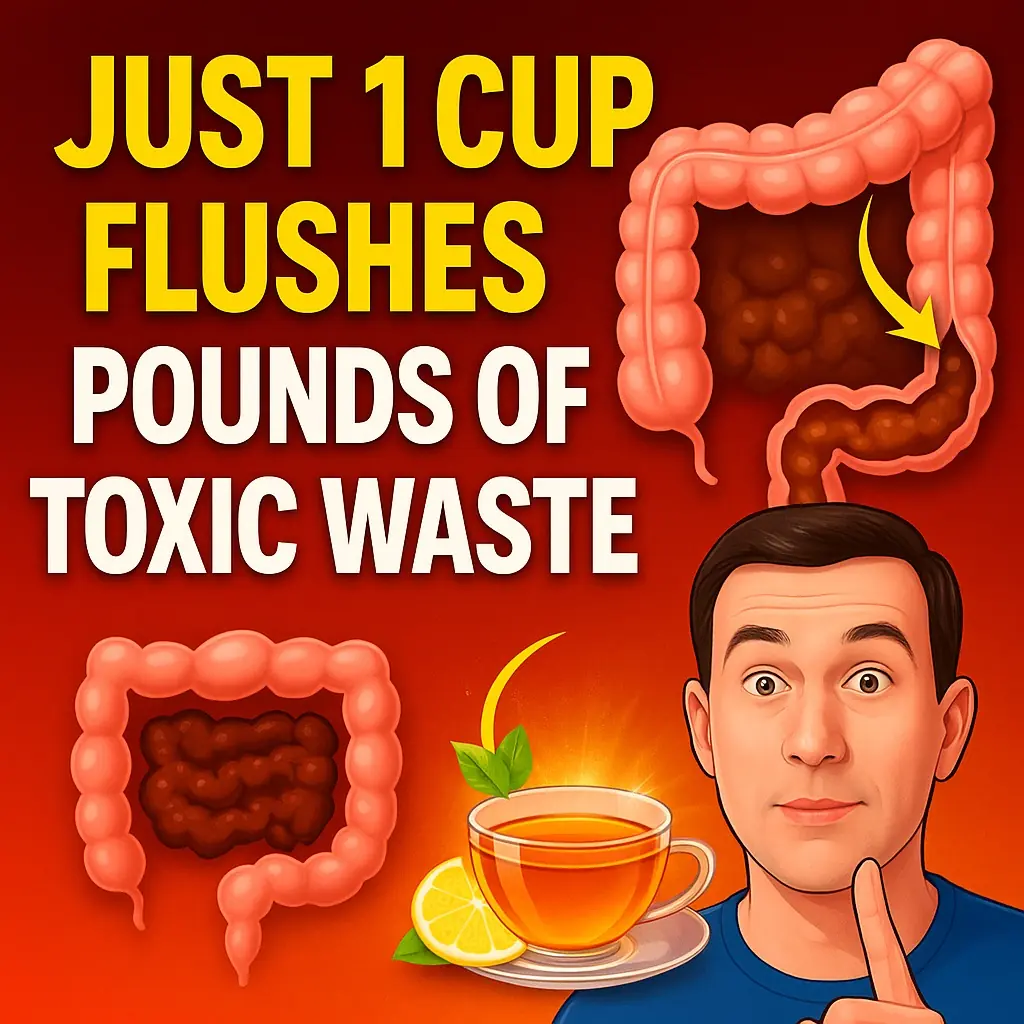
JUST 1 CUP FLUSHES POUNDS OF TOXIC WASTE
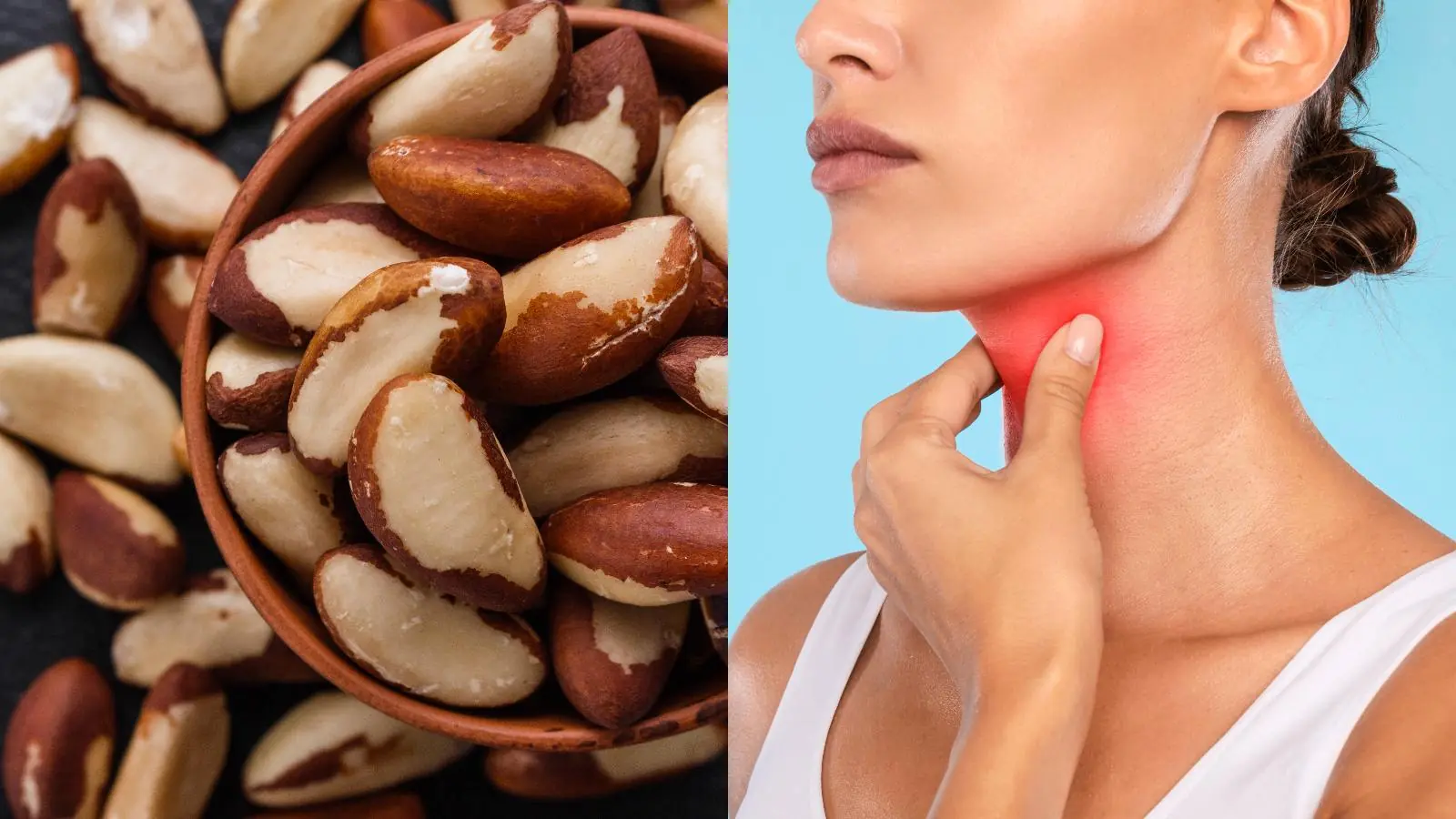
Just 2 Nuts a Day Can Support Your Thyroid, Help With Weight Loss, and Balance Blood Sugar
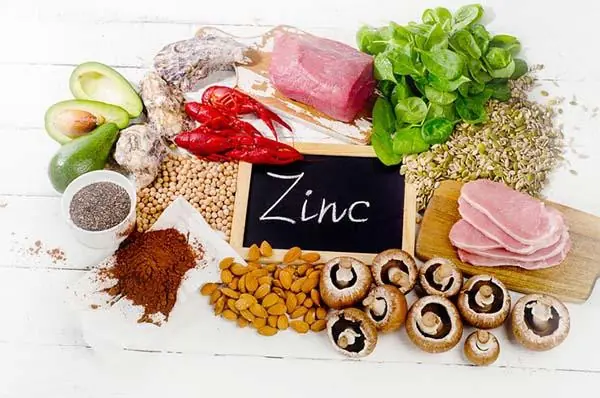
Zinc Deficiency Triggers Inflammation in Your Body — Here’s What to Eat to Fix It
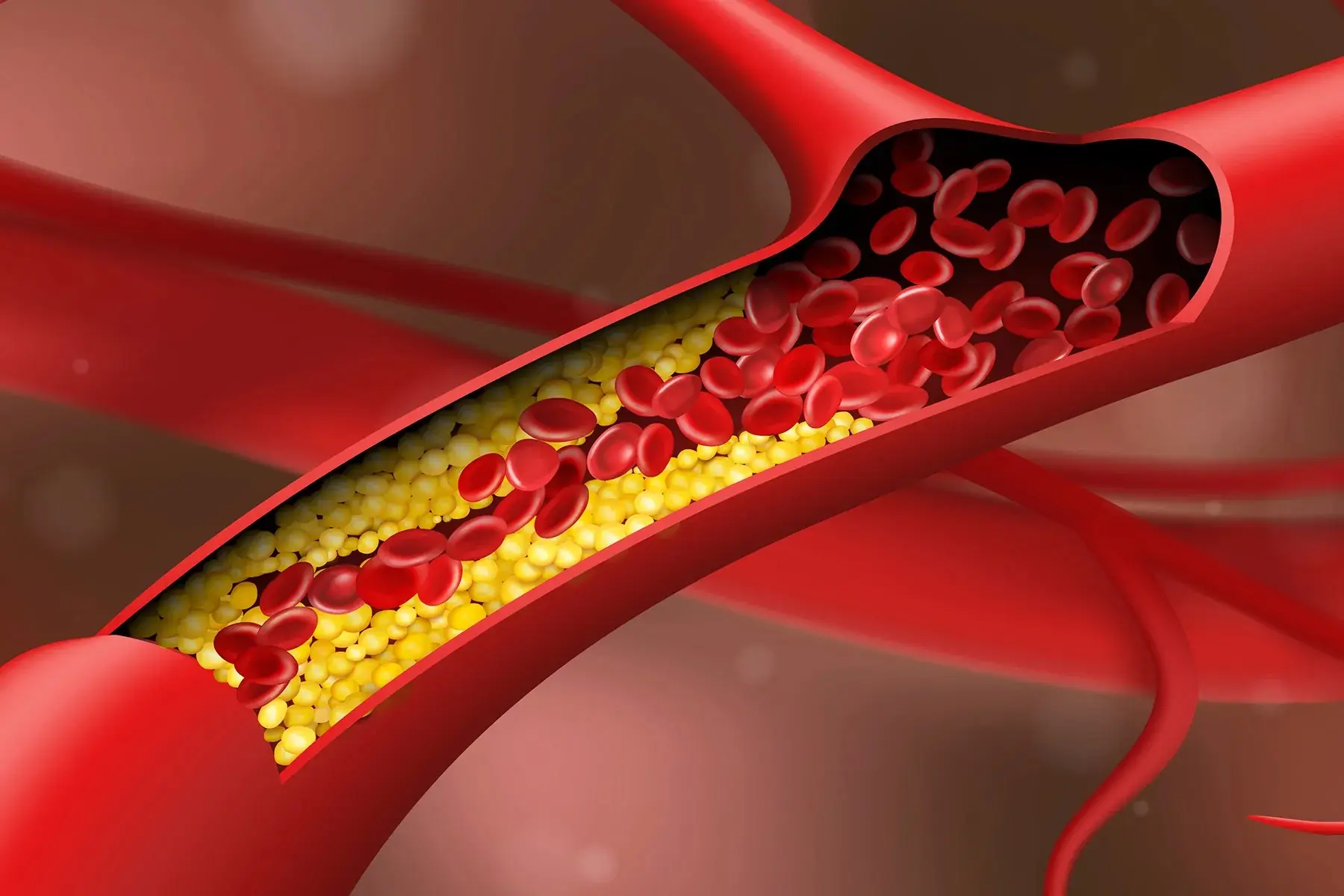
CLEANSE CLOGGED ARTERIES WITHOUT MEDICATION
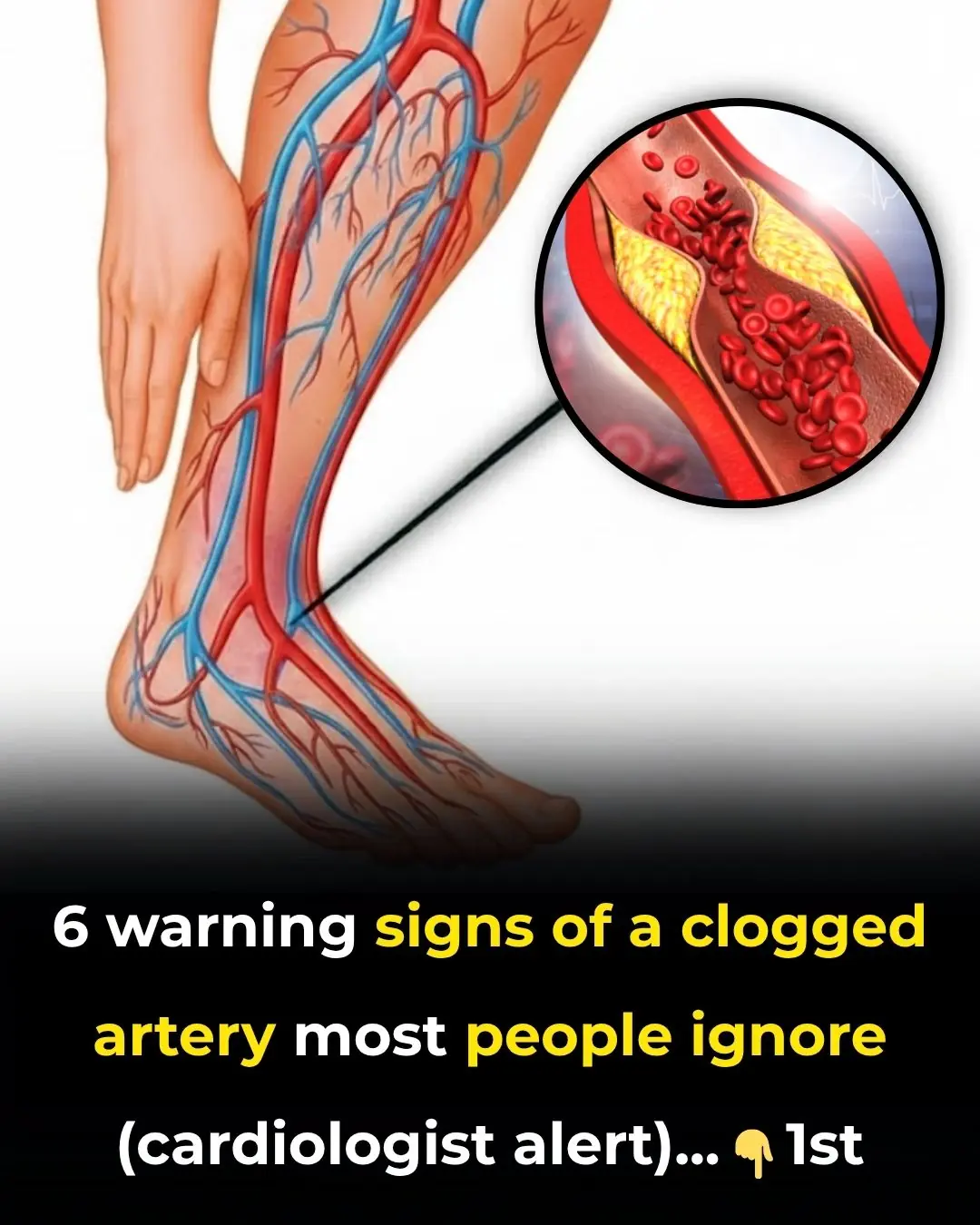
6 warning signs of a clogged artery most people ignore (cardiologist alert)
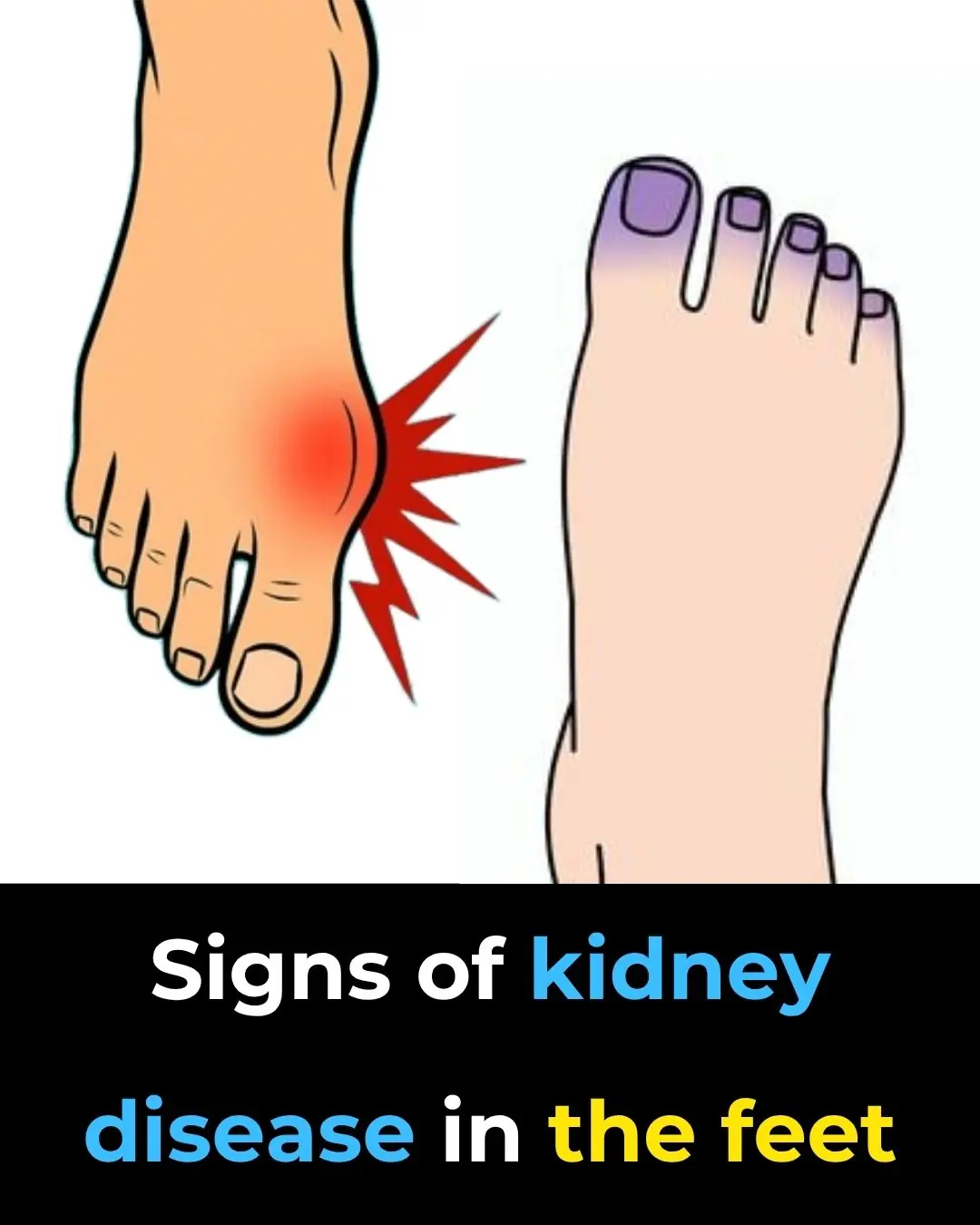
Foot Symptoms That Could Signal Kidney Problems
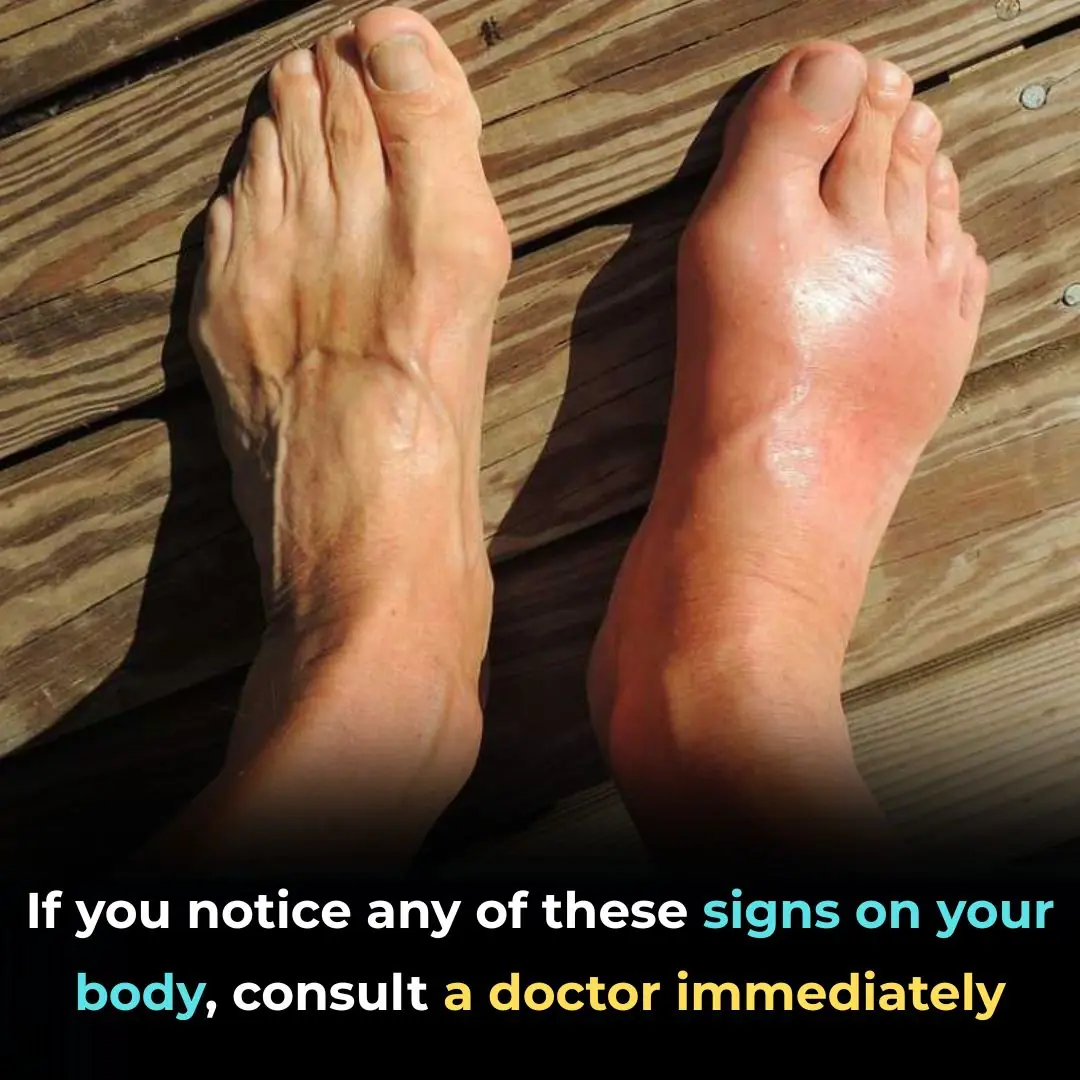
Redness Swelling and Warmth in One Leg
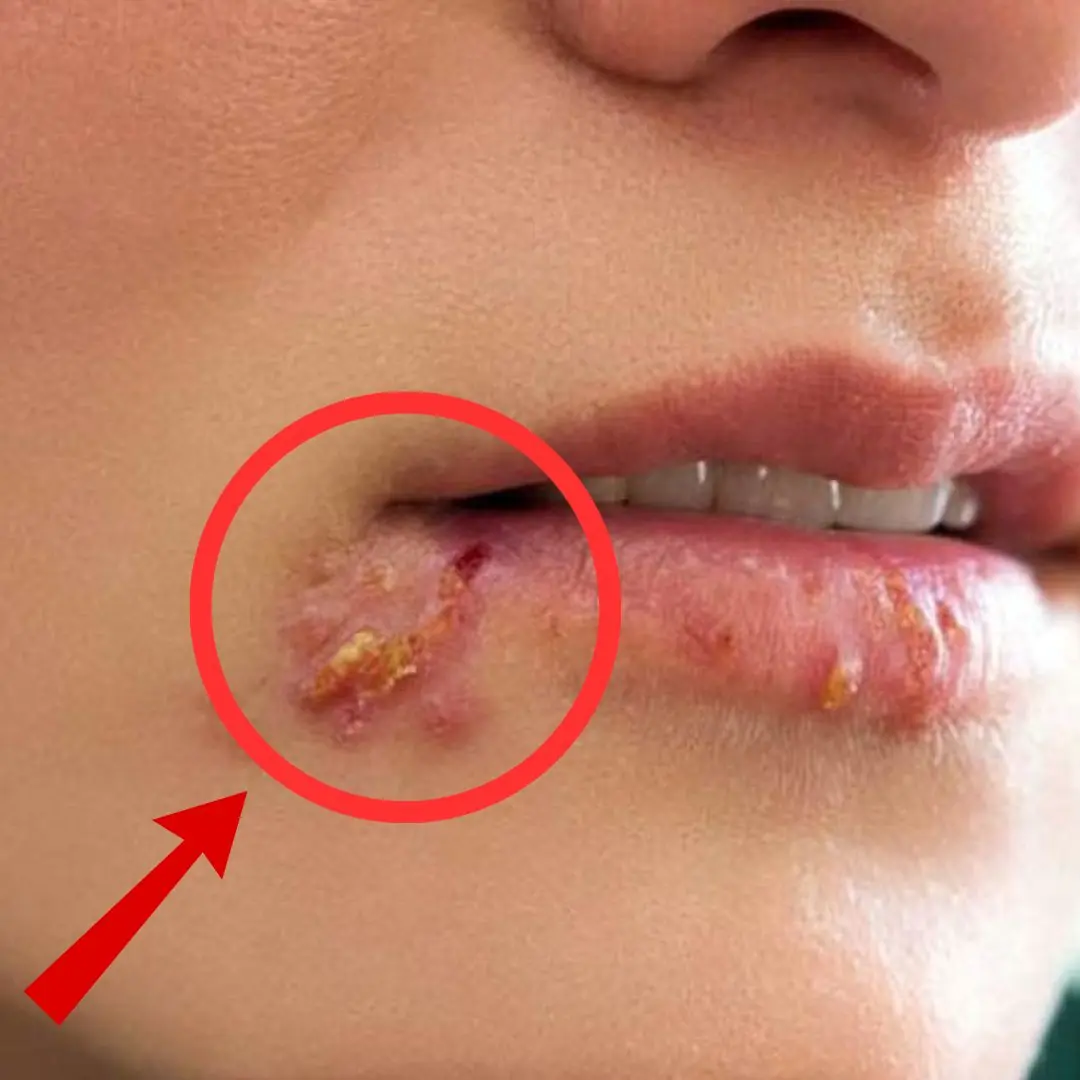
These are the signs that he is...read more
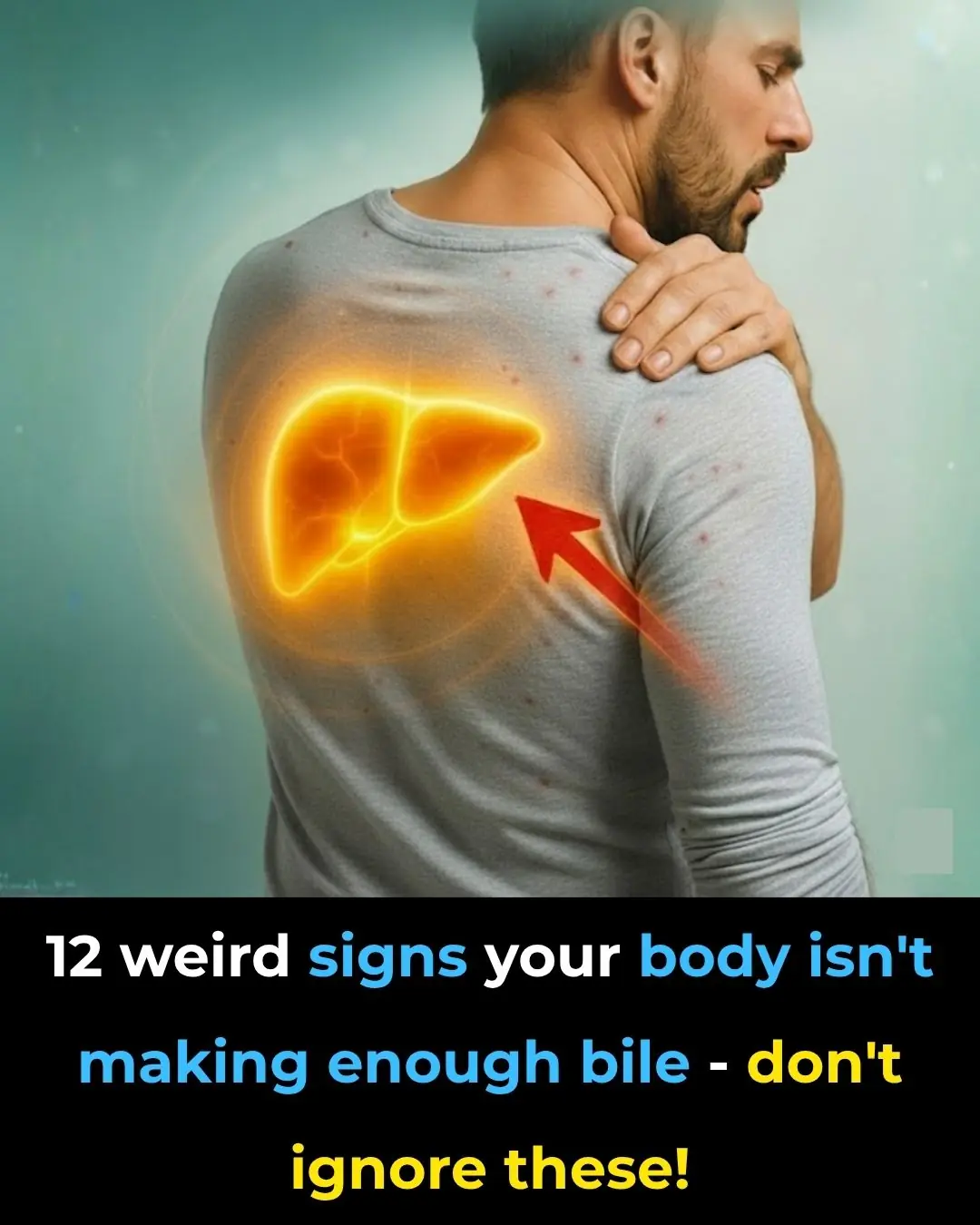
12 weird signs your body isn’t making enough bile—don’t ignore these!
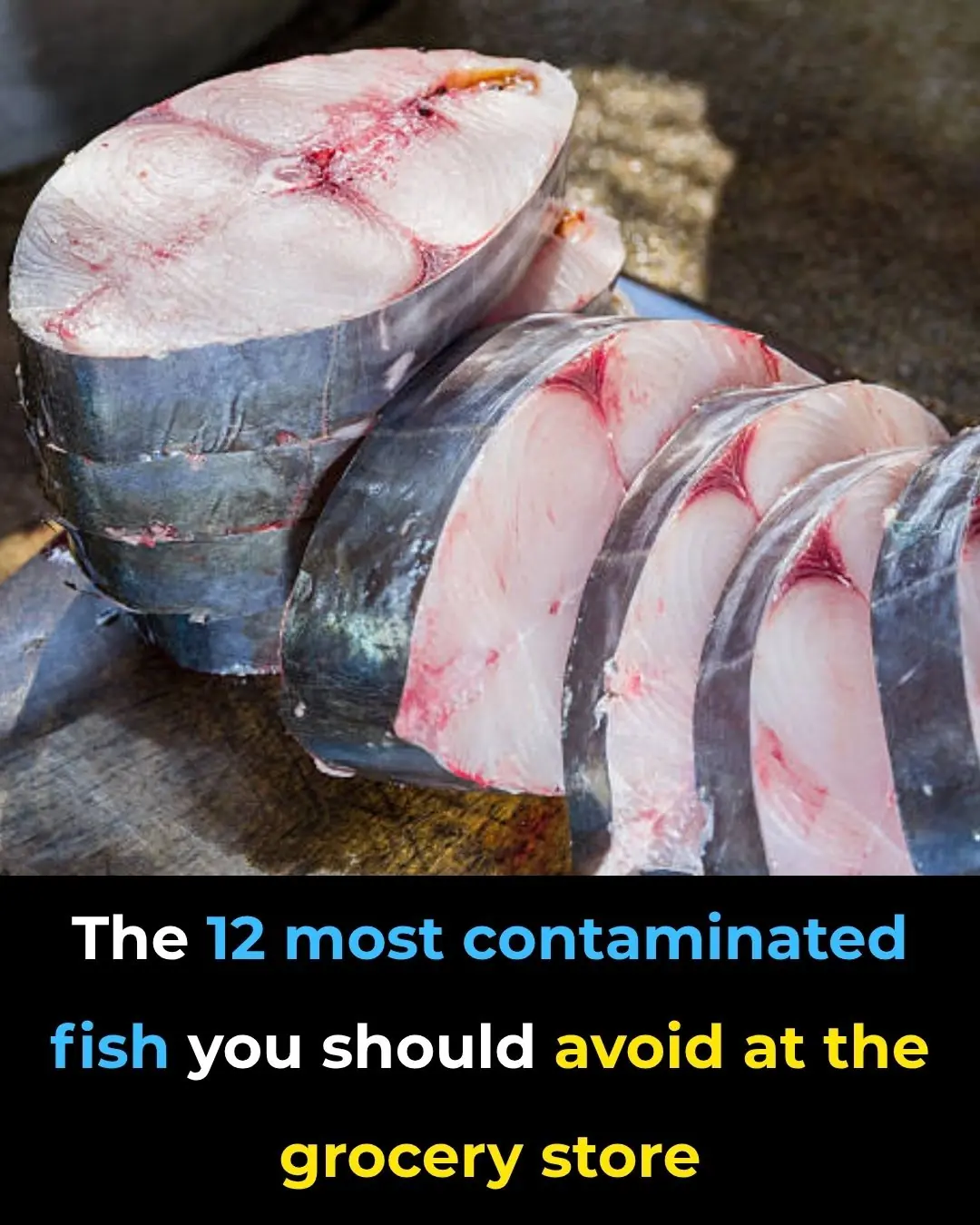
12 Fish Species You Need to Know to Avoid
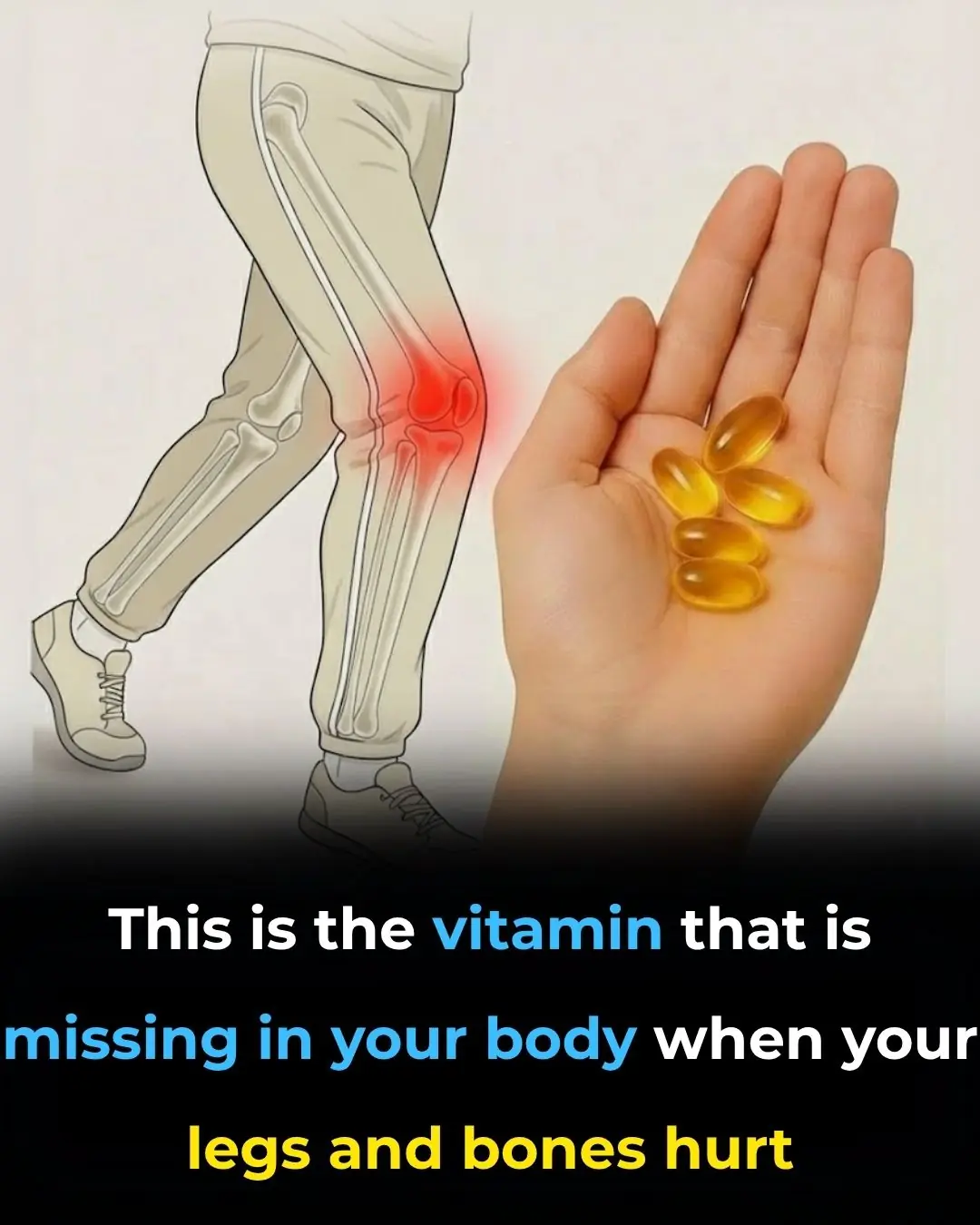
🦴 The Vitamin & Mineral Deficiencies That May Be Behind Leg and Bone Pain

🩺 Unusual Case of Sweet Syndrome Triggered by New Inhaler Therapy in Primary Care
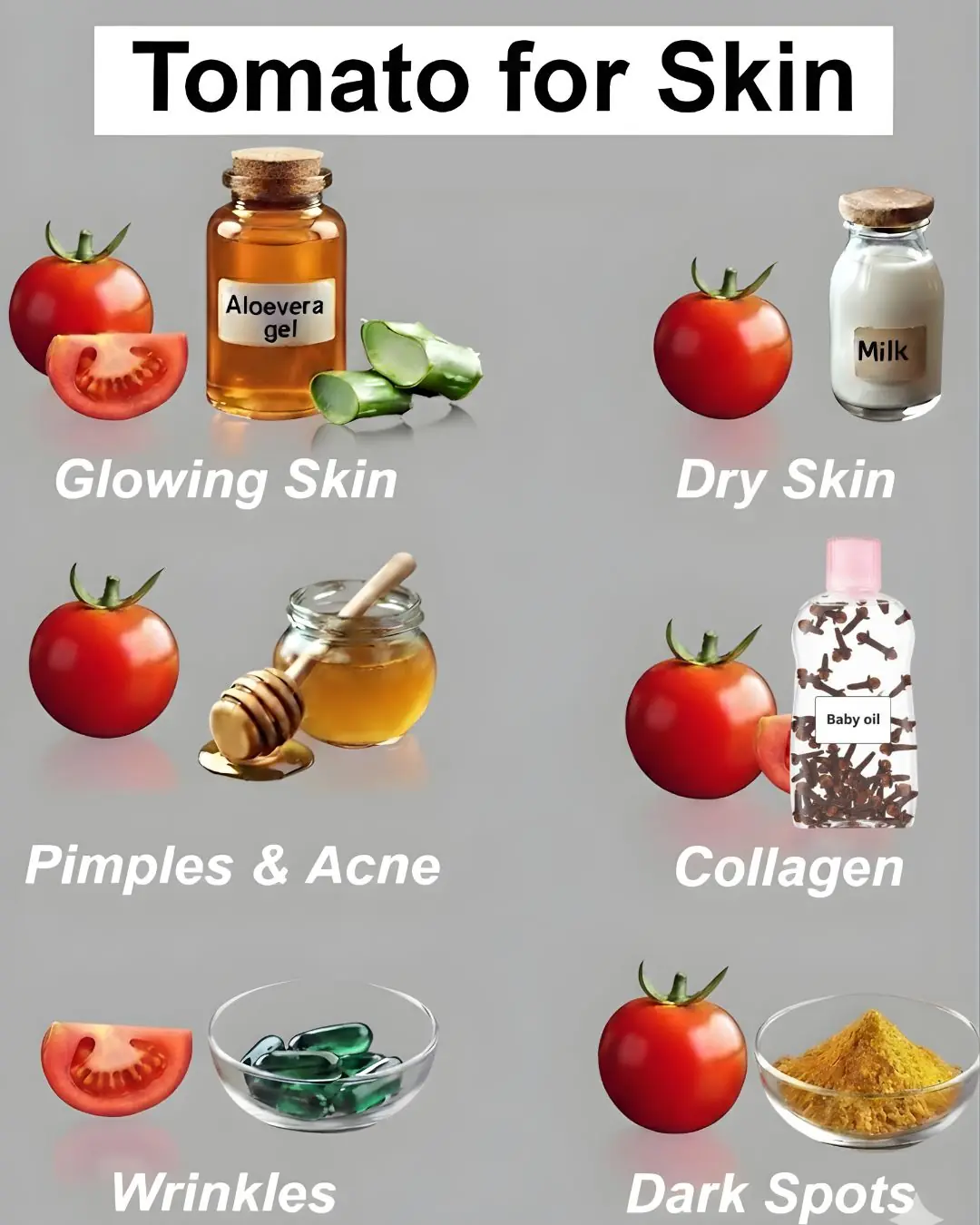
Tomato Benefits for Skin – Rub Tomato Slice on Face
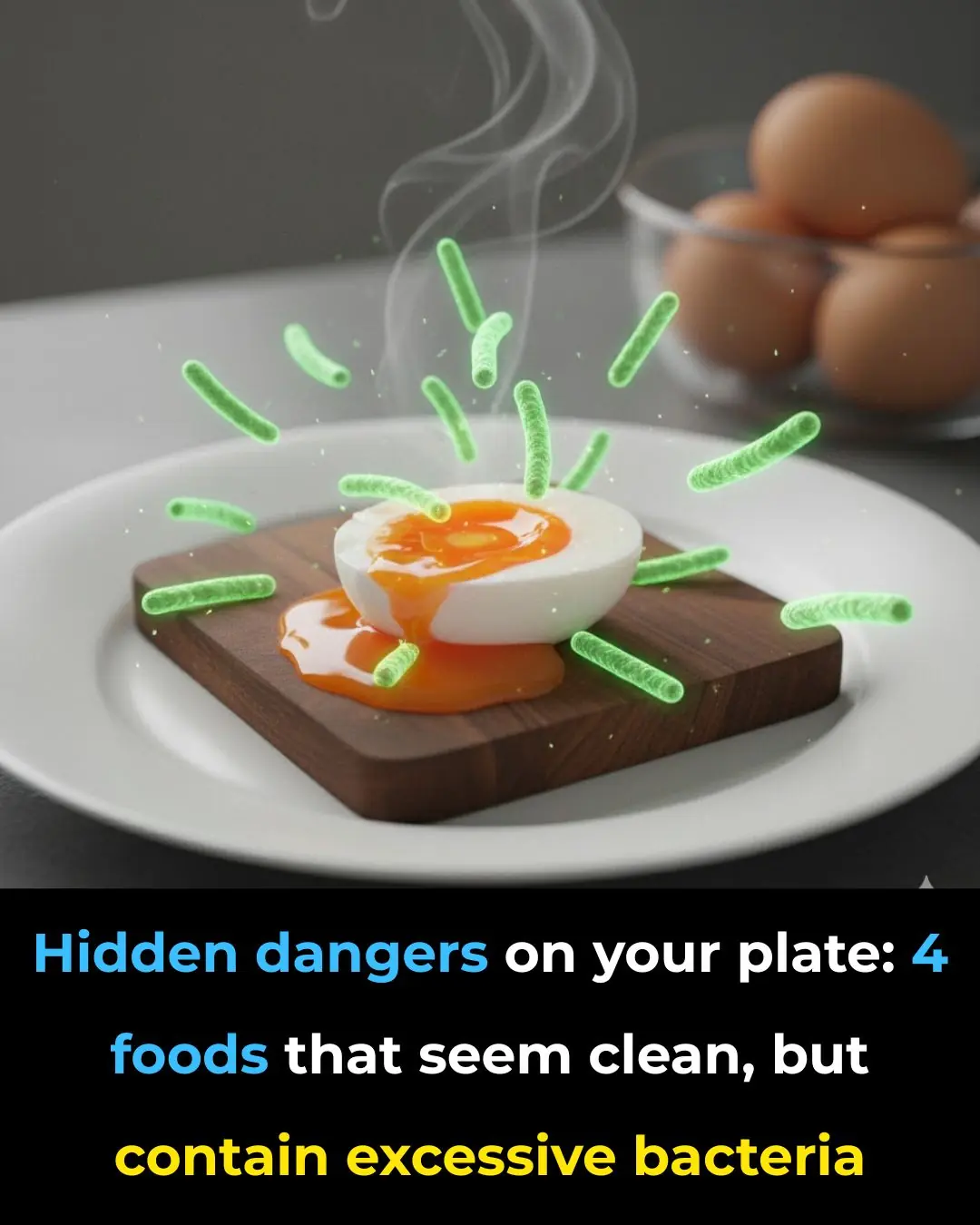
Hidden Dangers on Your Plate: 4 “Clean” Foods That Can Secretly Harm Your Health
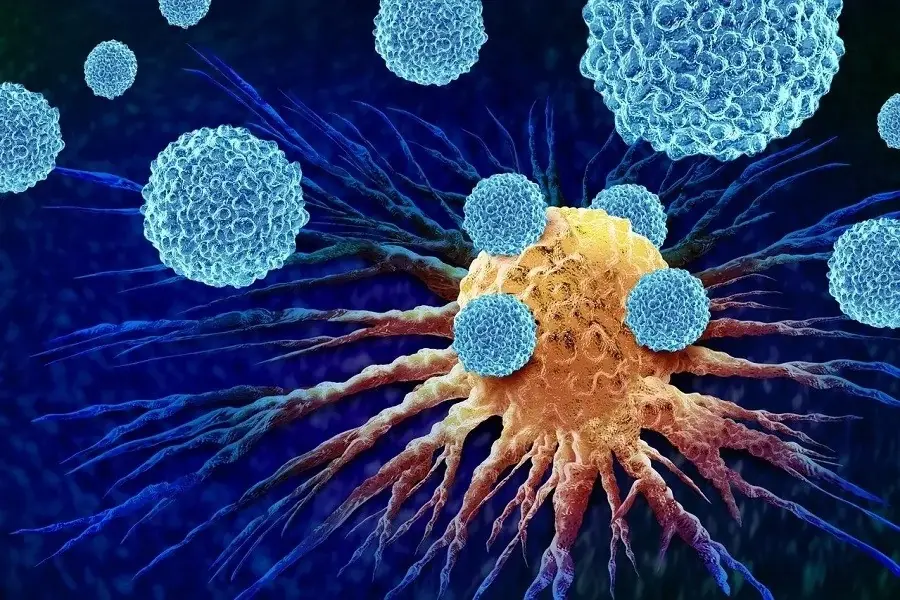
4 Unusual Signs in Your Neck That Could Be Symptoms of Cancer — Don’t Ignore Them
News Post

DENTISTS HATE HOW SIMPLE THIS TEETH WHITENING HACK IS
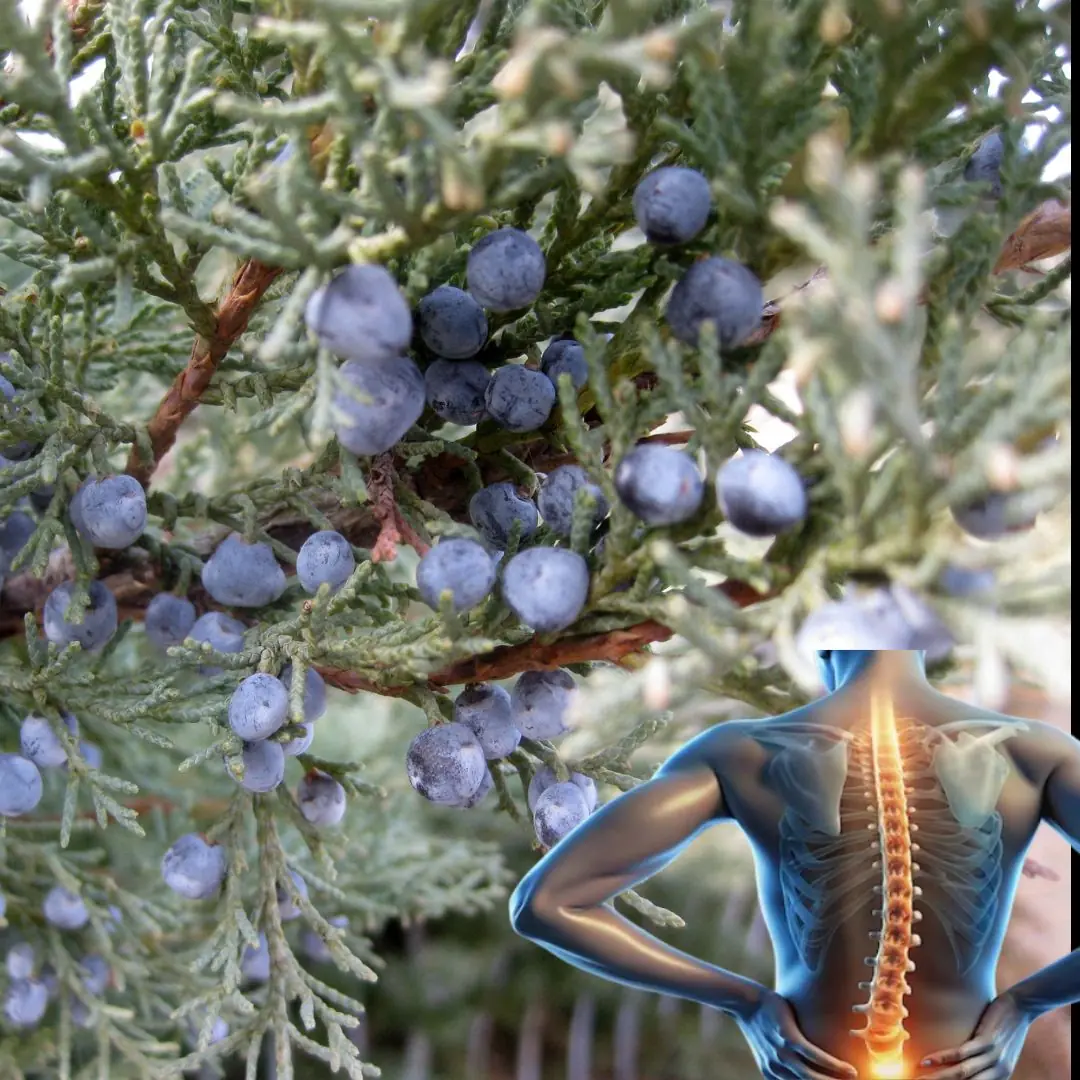
Juniper: A Comprehensive Guide to Its Benefits and Uses
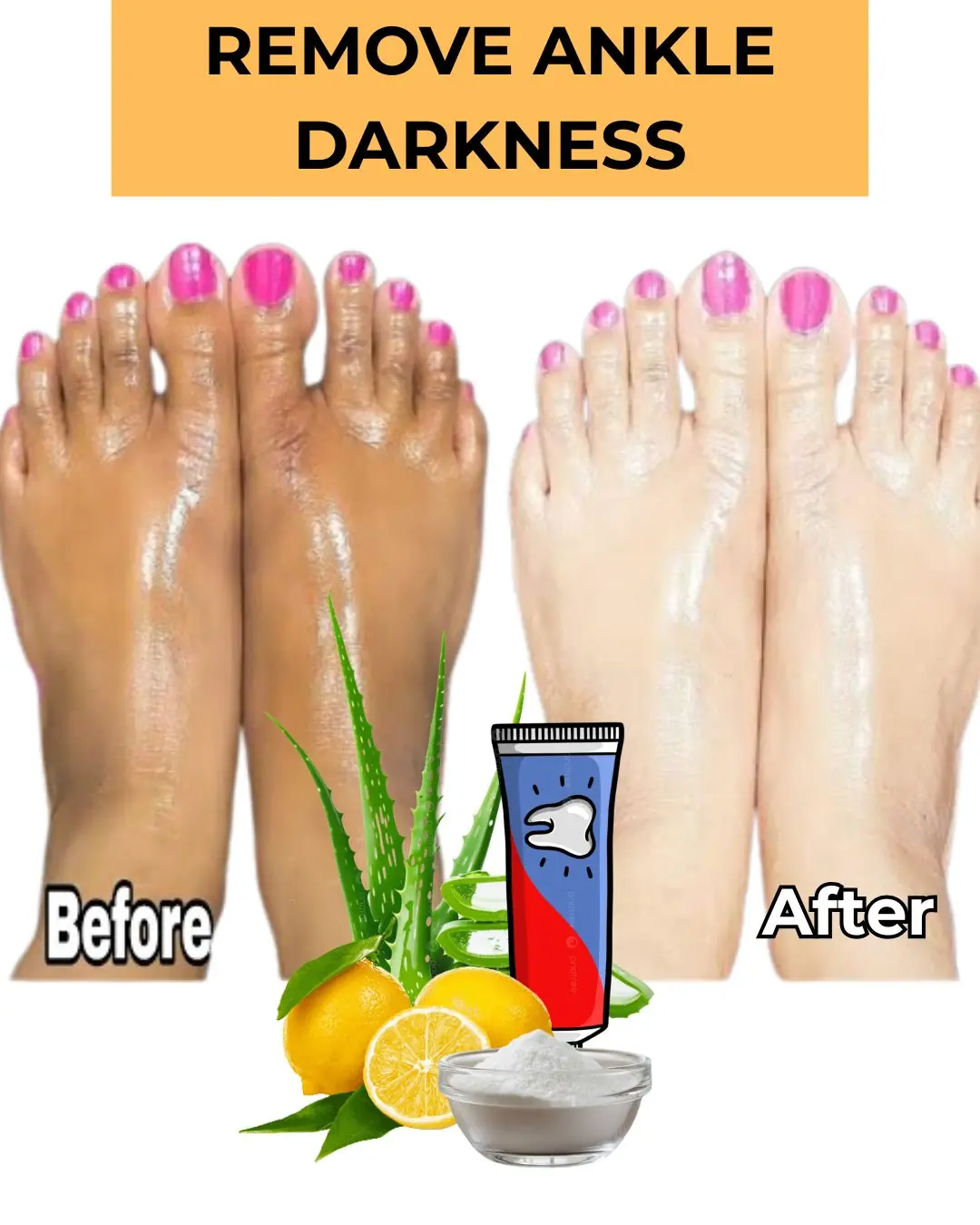
Unveil Colgate’s Secret for Silky-Smooth Feet
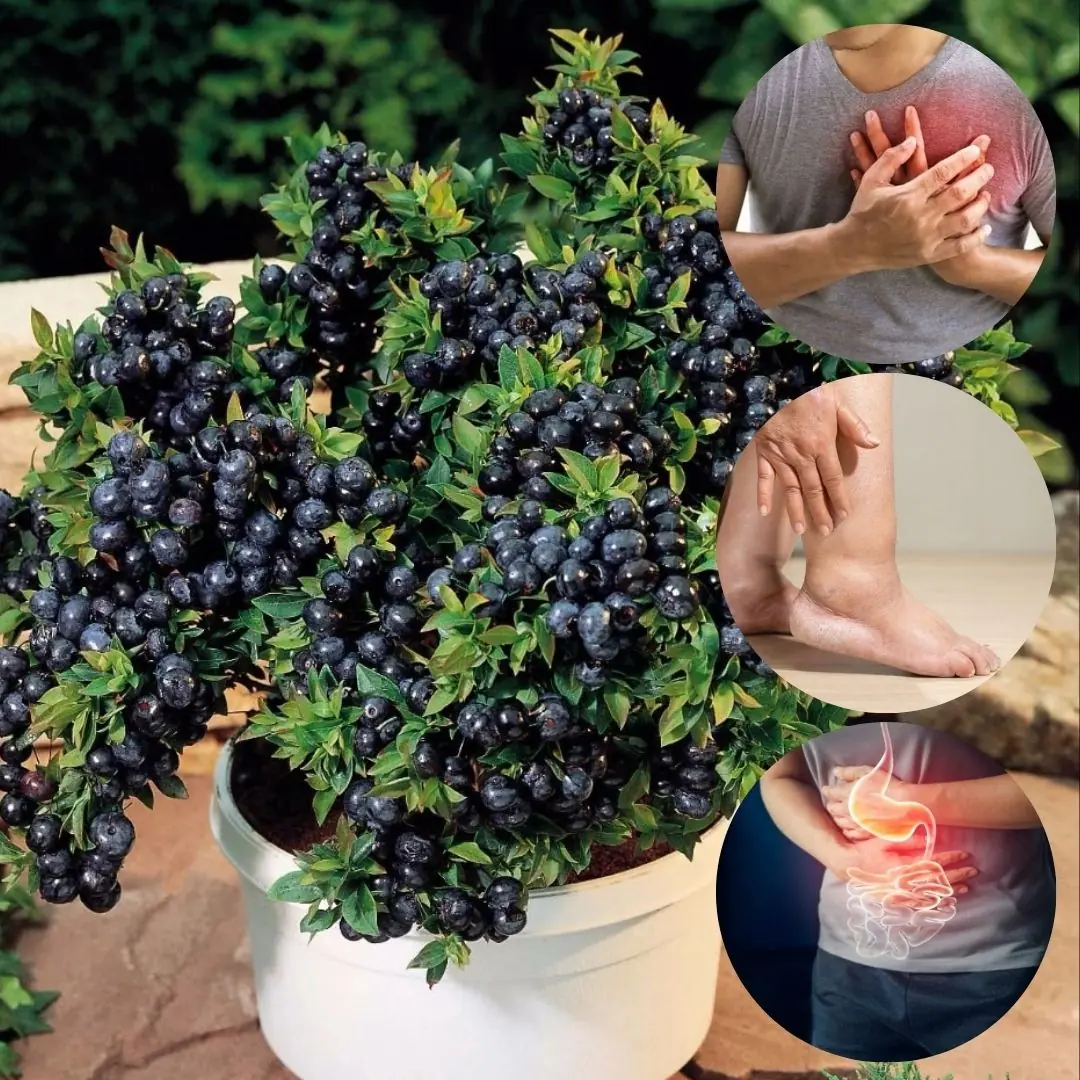
Evergreen Huckleberry (Vaccinium ovatum) – Benefits, Uses, and Growing Guide

A 3-Year-Old Boy Got Super Glue in His Eye — His Mother’s “Golden 30 Seconds” Saved His Sight
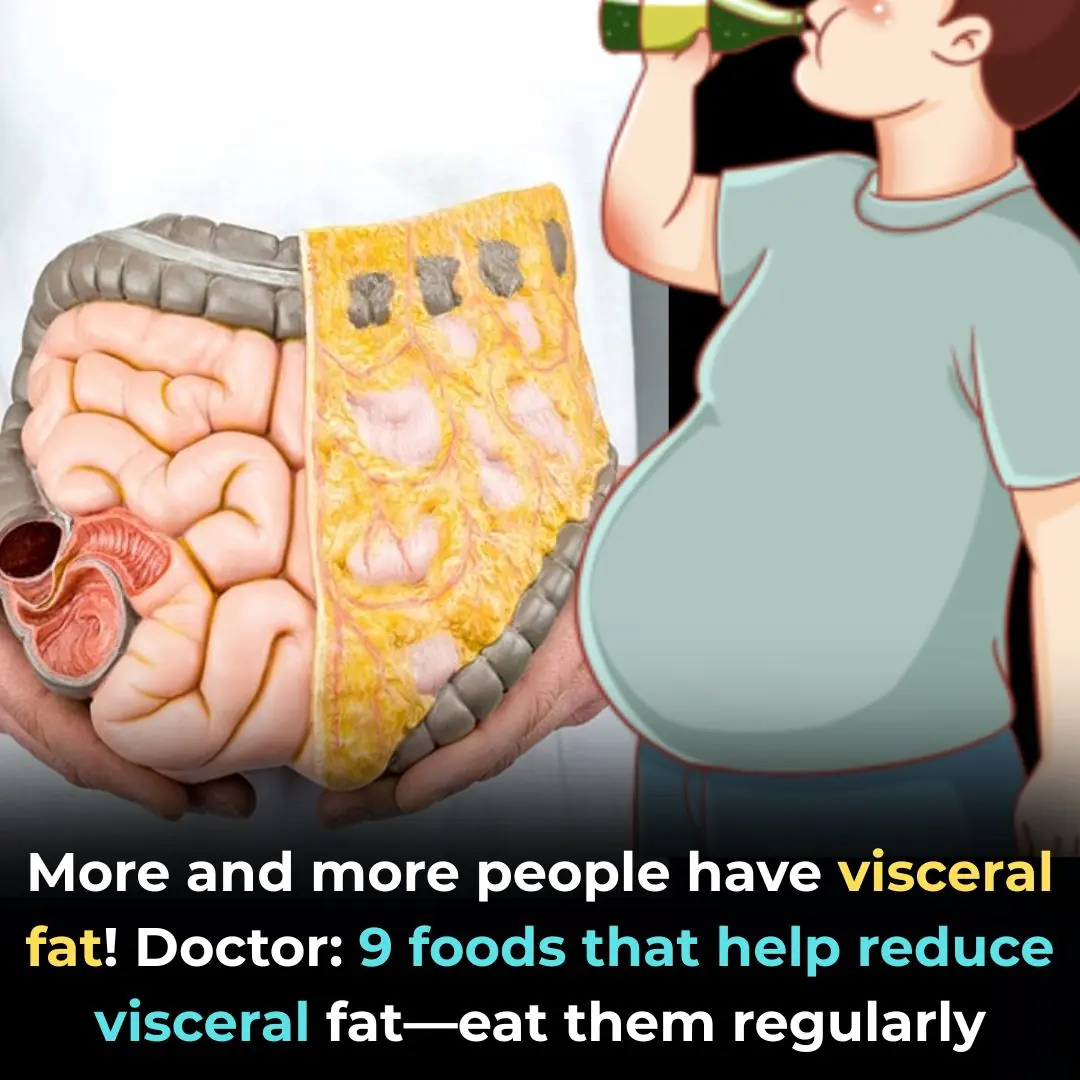
Growing Concern Over Visceral Fat — Doctors Recommend 9 Foods to Help Burn It Naturally
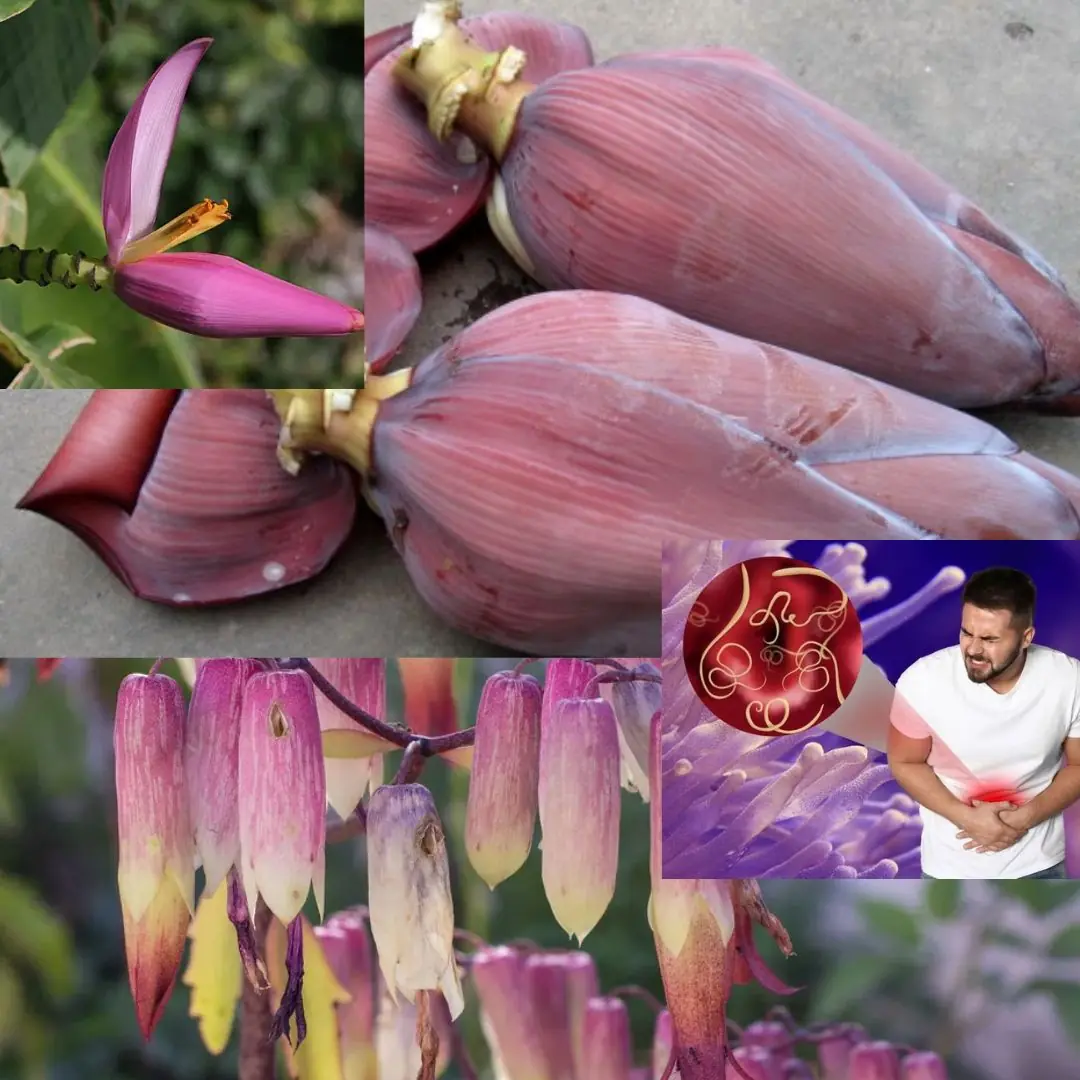
7 Amazing Health Benefits of Banana Blossoms

Bryophyllum Calycinum (Kalanchoe Pinnata): Benefits and Uses
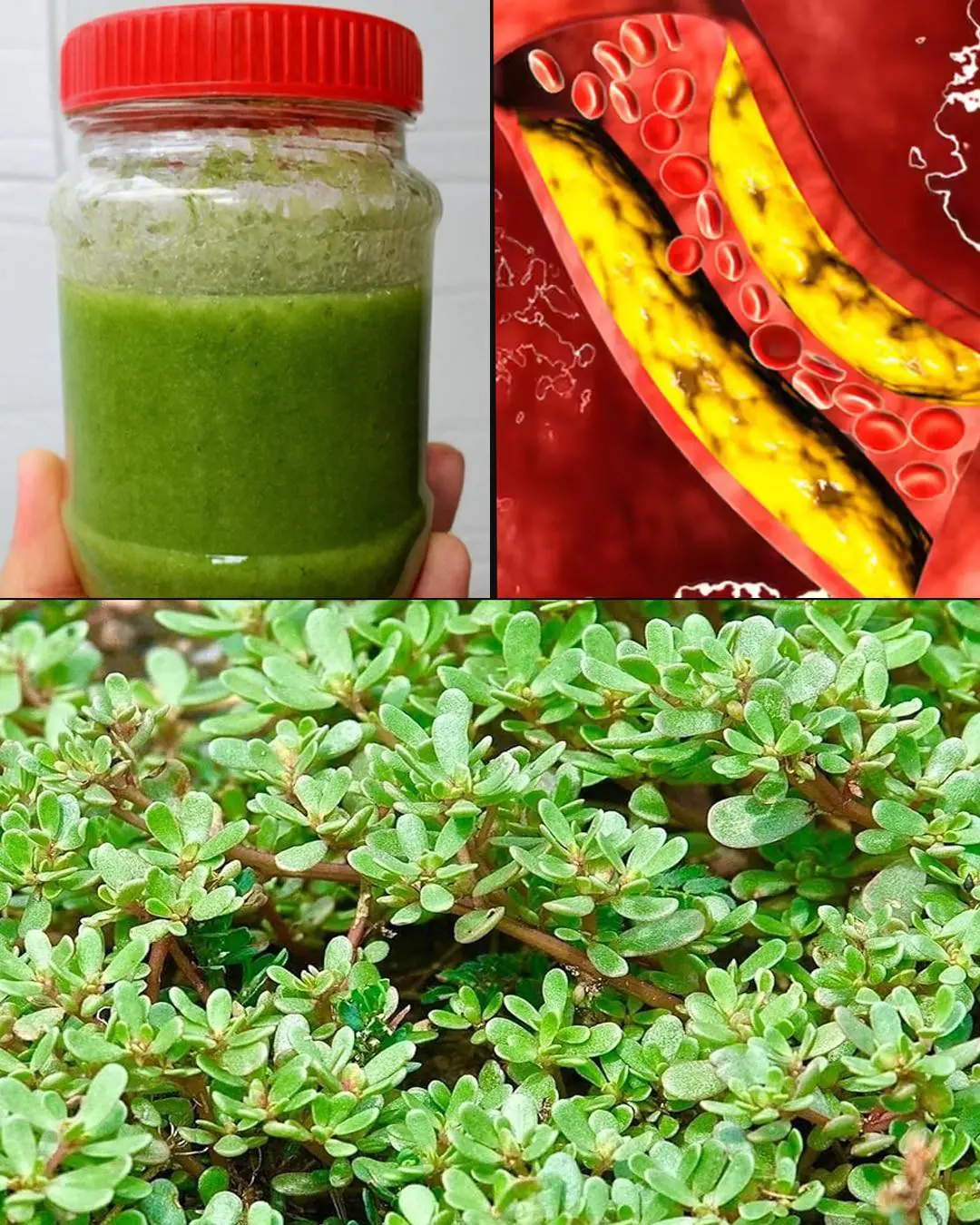
Purslane: The Superfood That Tastes Better Than Meat – 7 Reasons to Grow It in Your Garden
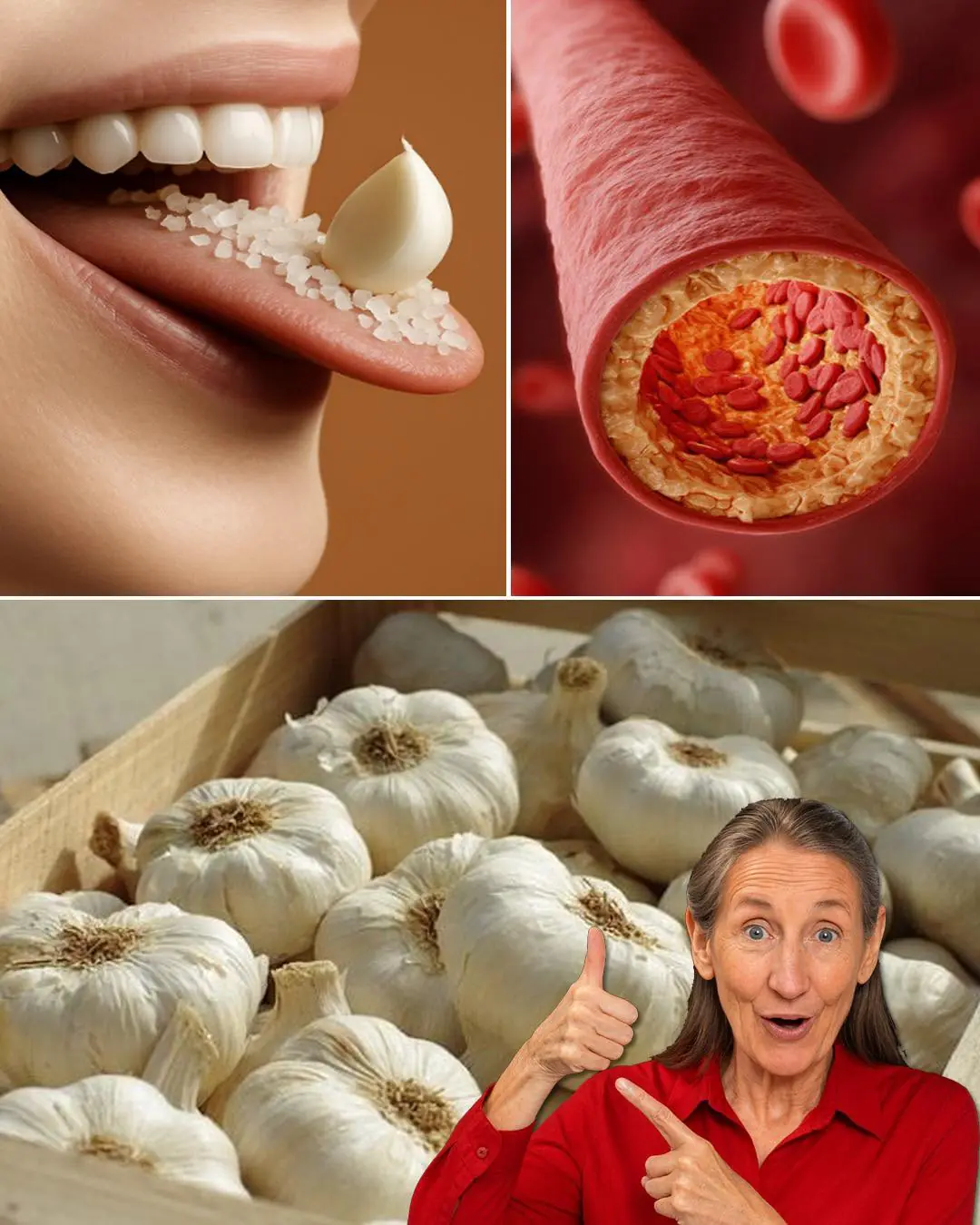
7 Benefits of Chewing Raw Garlic on an Empty Stomach
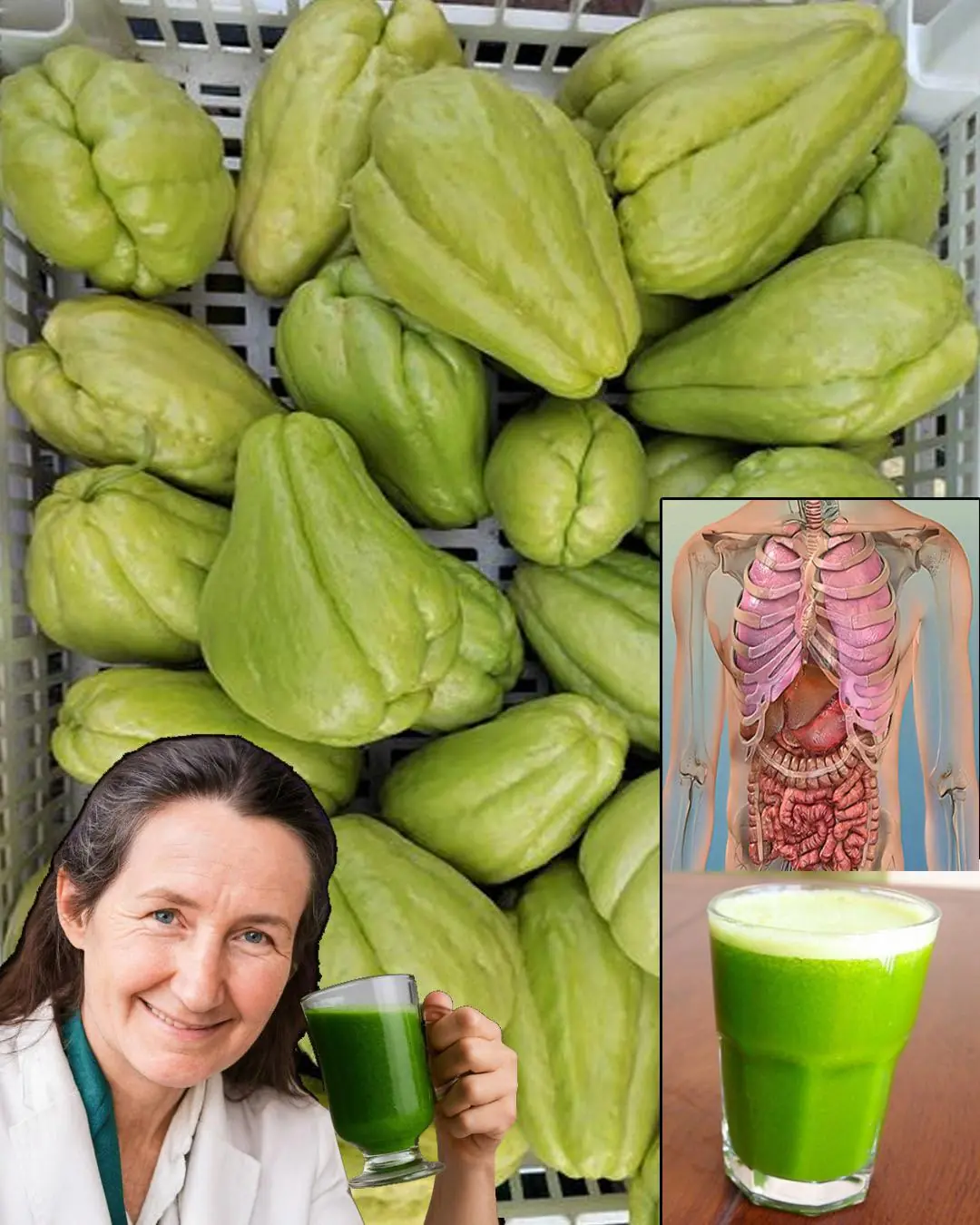
Chayote Remedy: Natural Cure for Pain, Swelling, Blood Pressure & Cholesterol
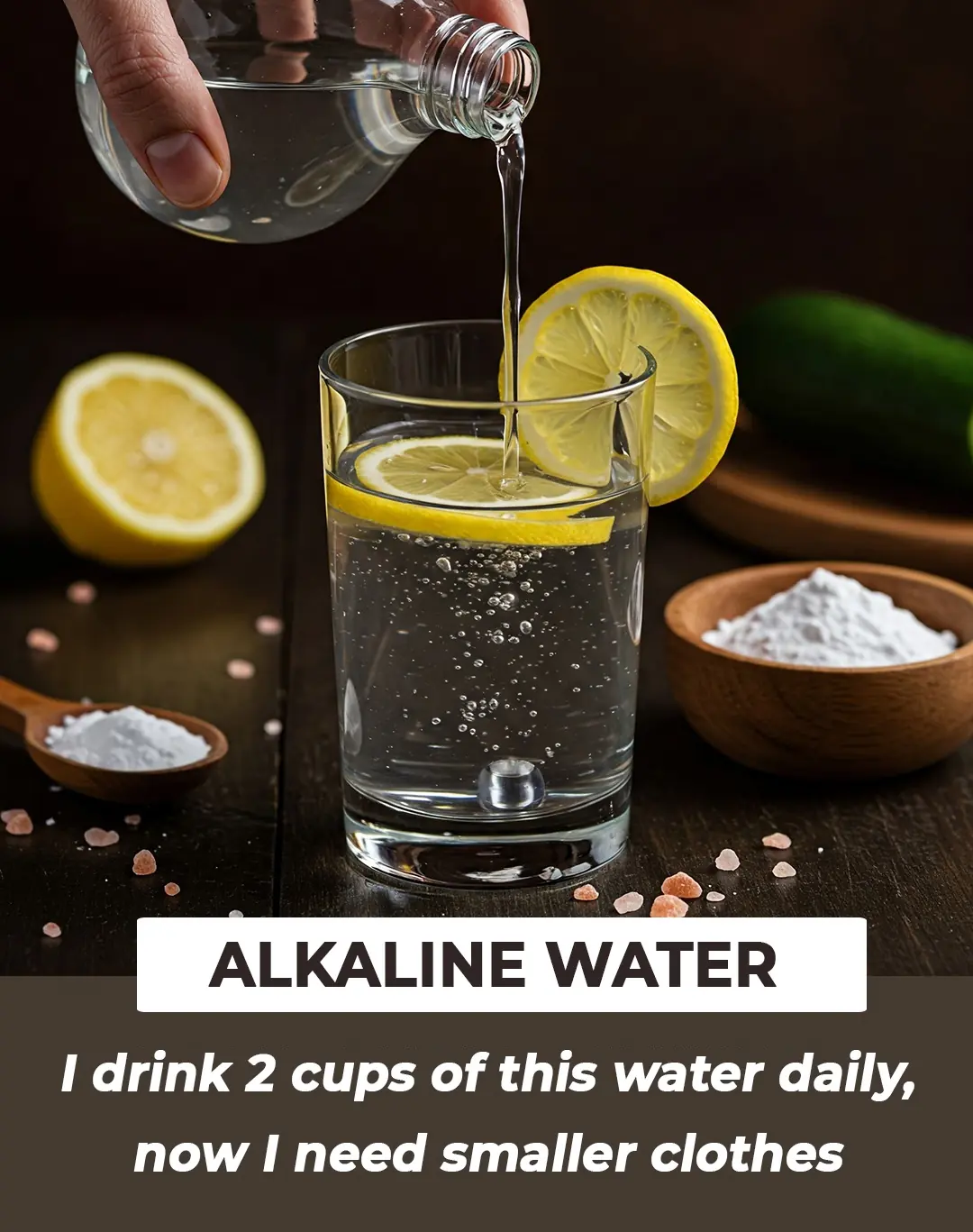
Alkaline Water – Recipe and Health Benefits for Skin & Hair
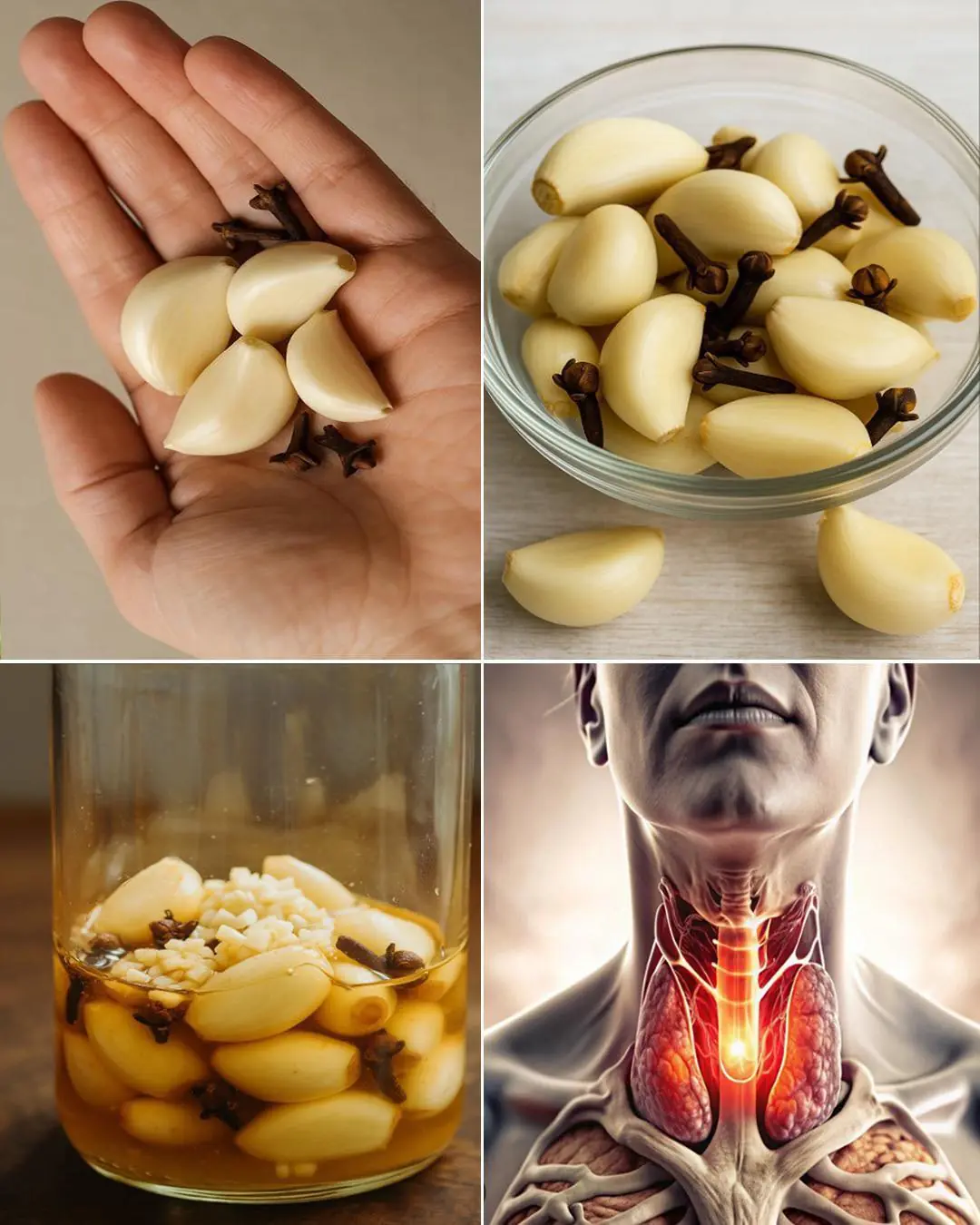
Garlic, Honey, and Cloves – a powerful natural remedy packed with health benefits
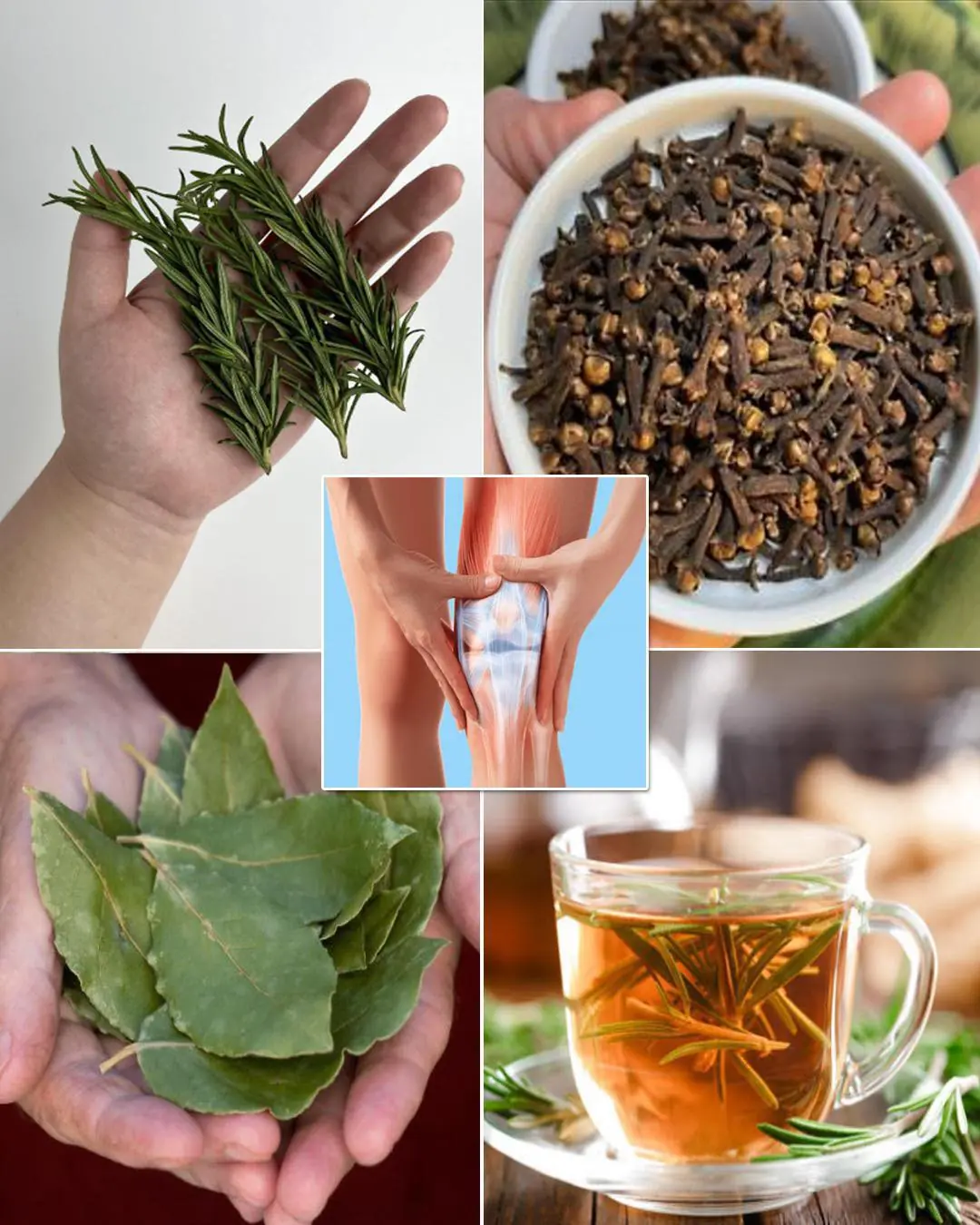
A Natural Blend of Rosemary, Cloves, and Bay Leaves
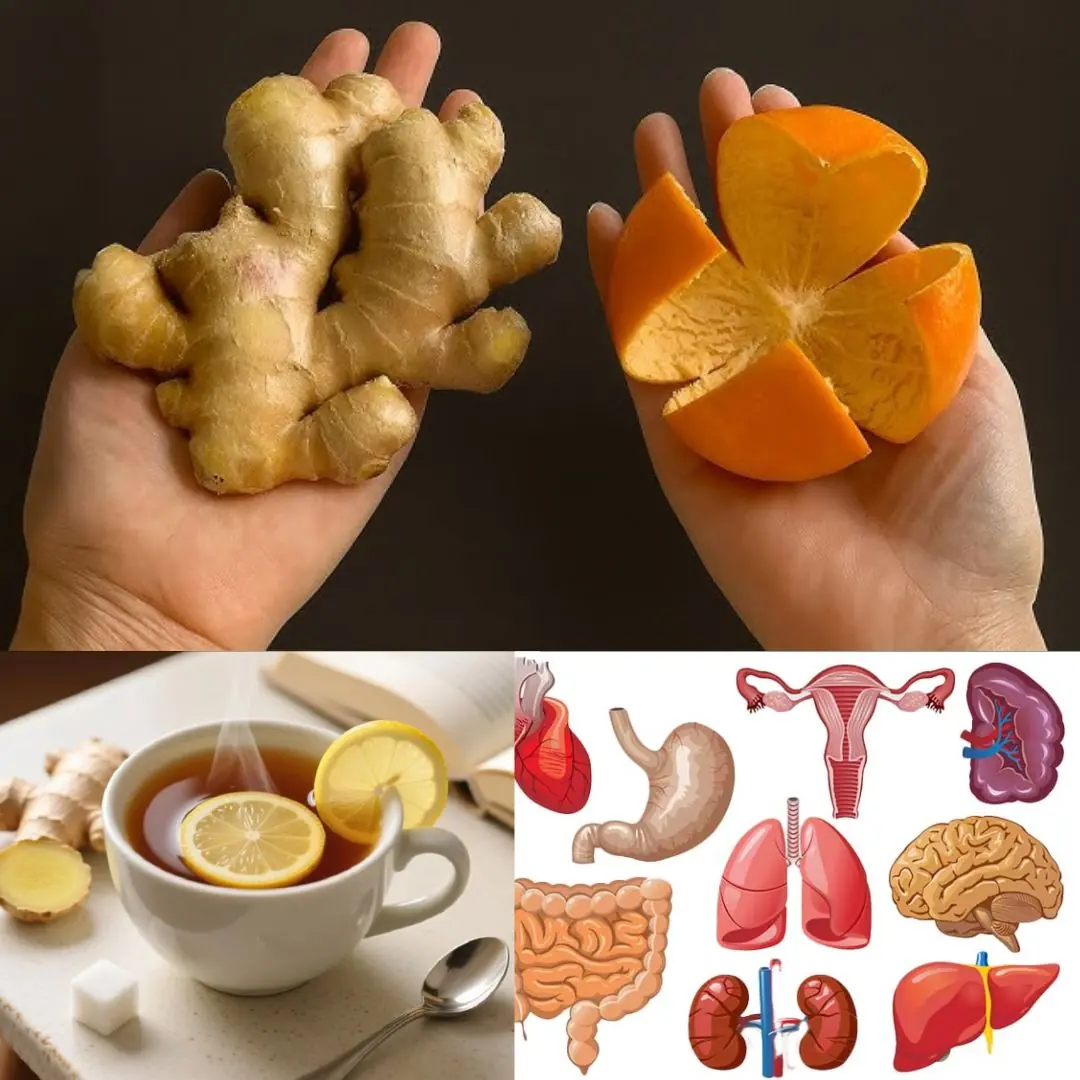
Ginger and Orange Detox Drink – Cleanse Kidneys, Liver, and Lungs Naturally
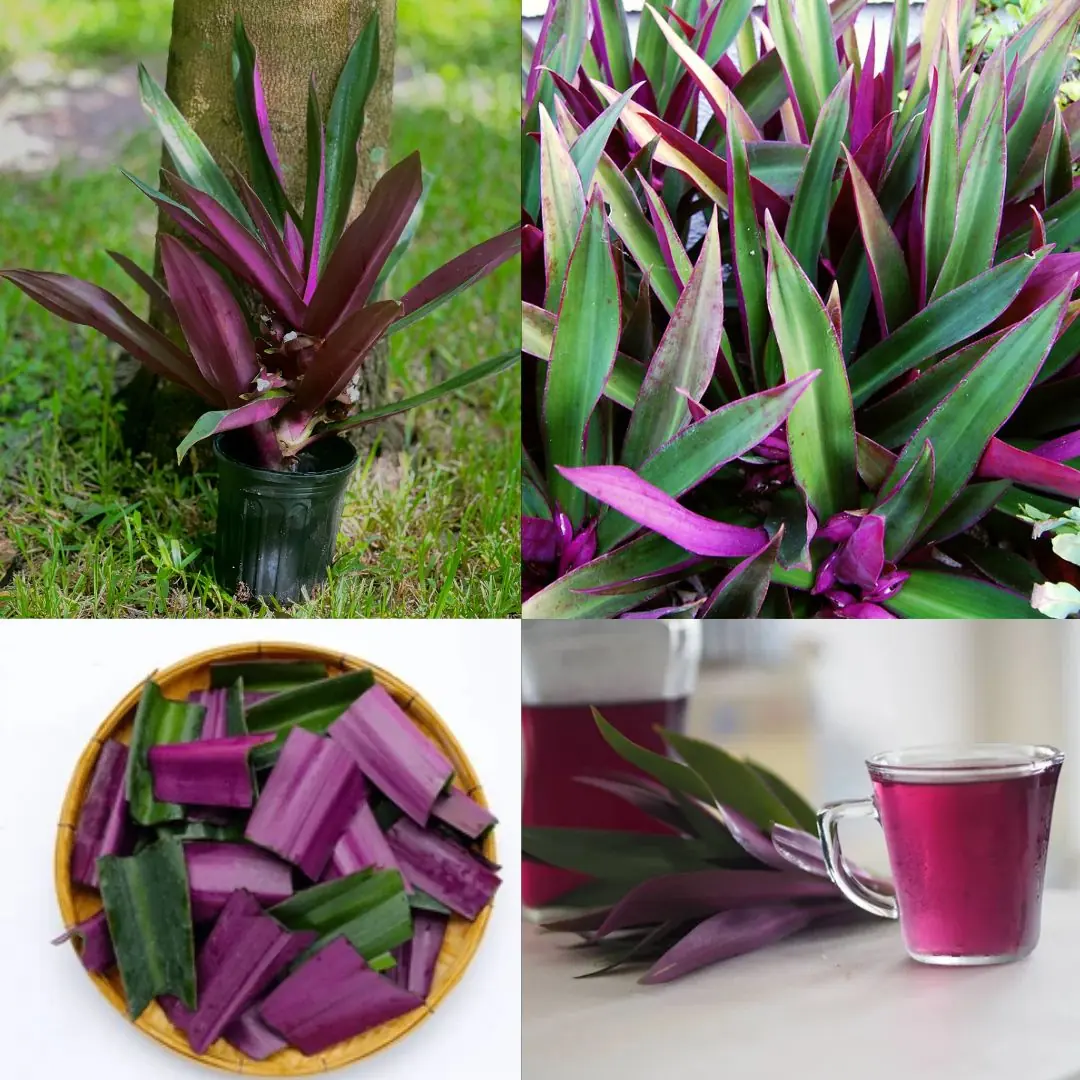
The Purple Maguey Plant — Benefits and Traditional Uses
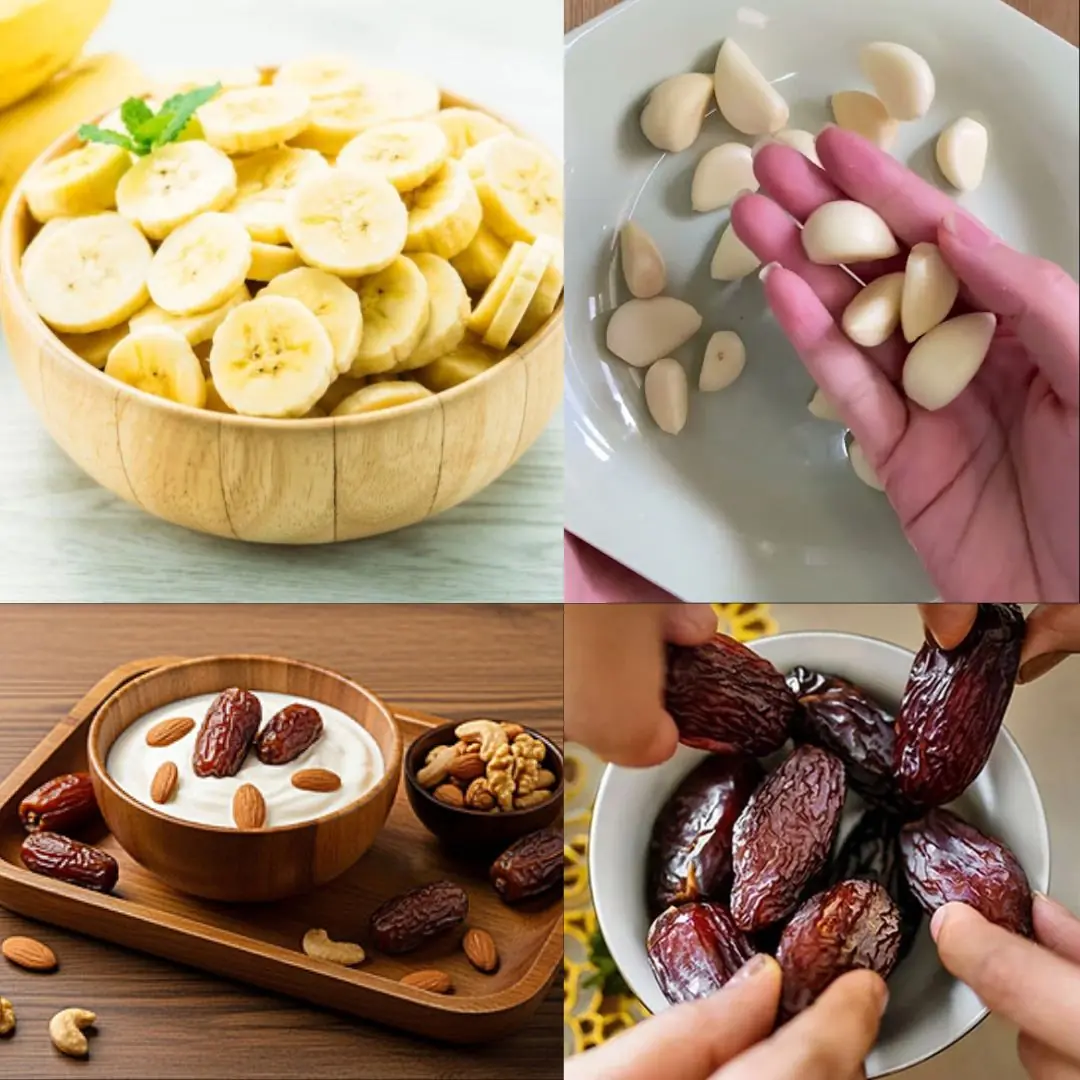
Bananas, Garlic, and Dates: The Powerful Health Combo

Make Your Sausages Juicier and More Flavorful With This One Simple Step Before Cooking
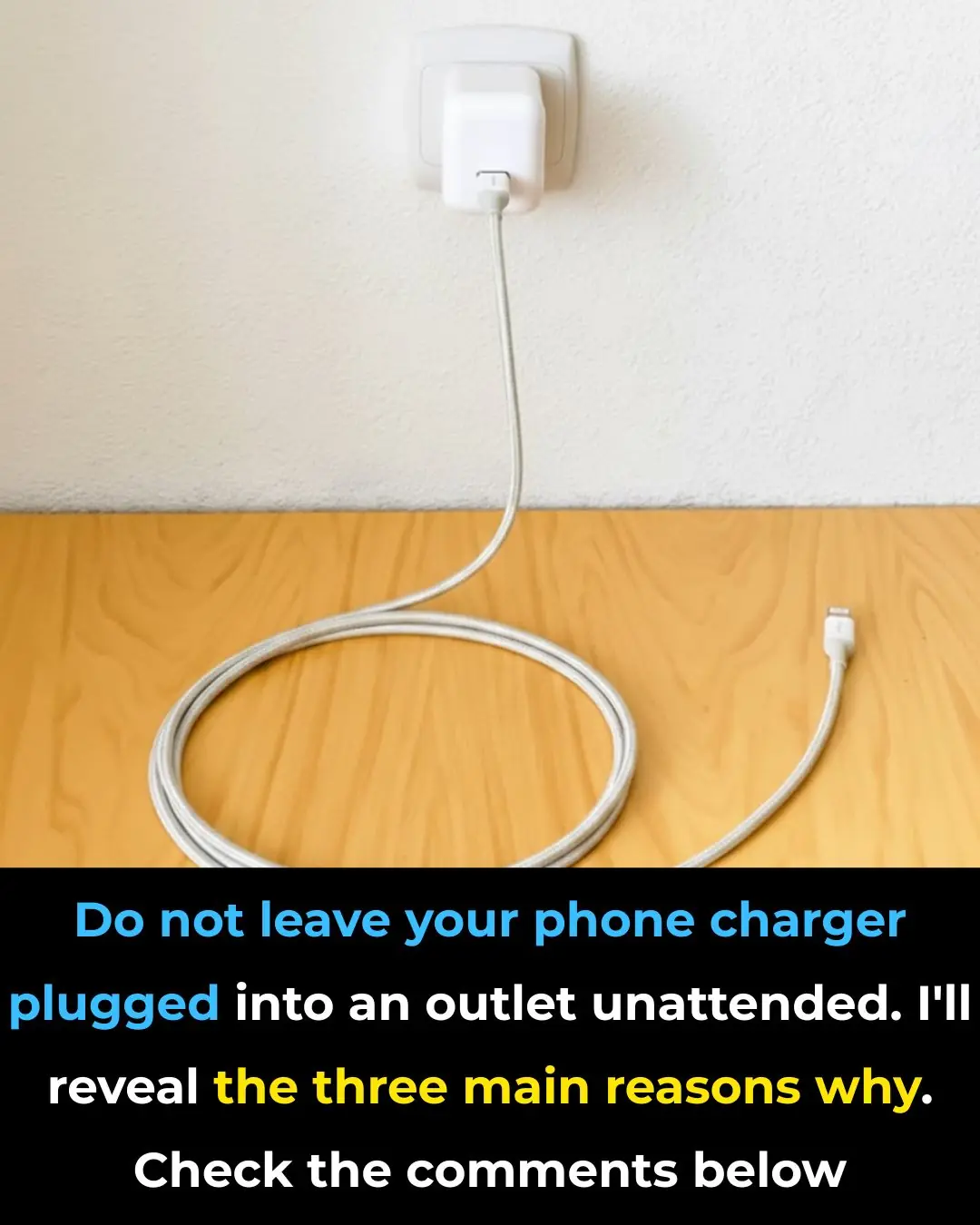
Don’t Leave Your Phone Charger Plugged In
